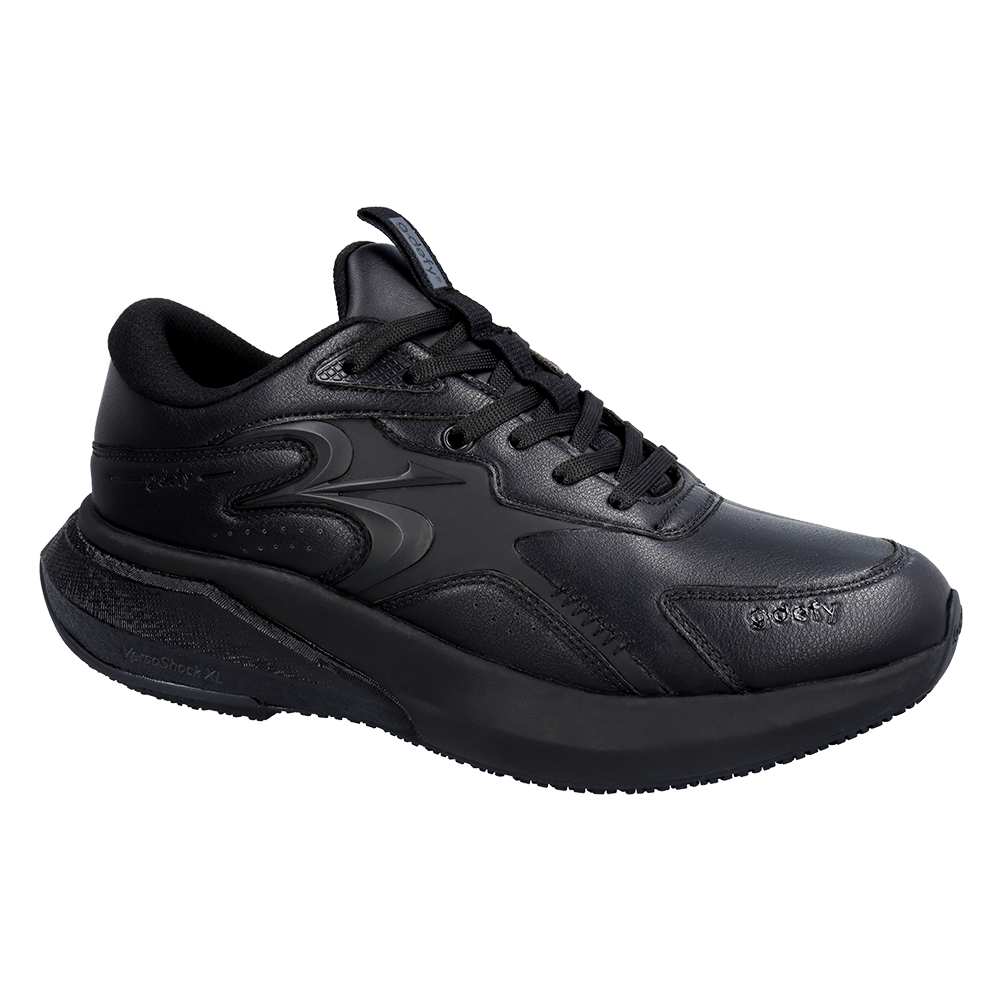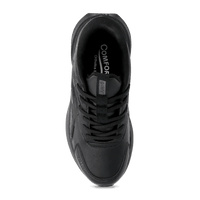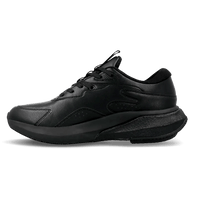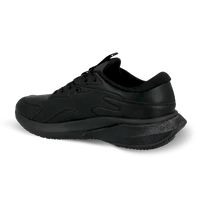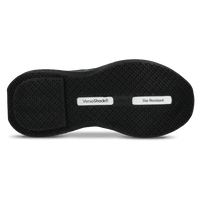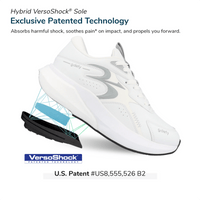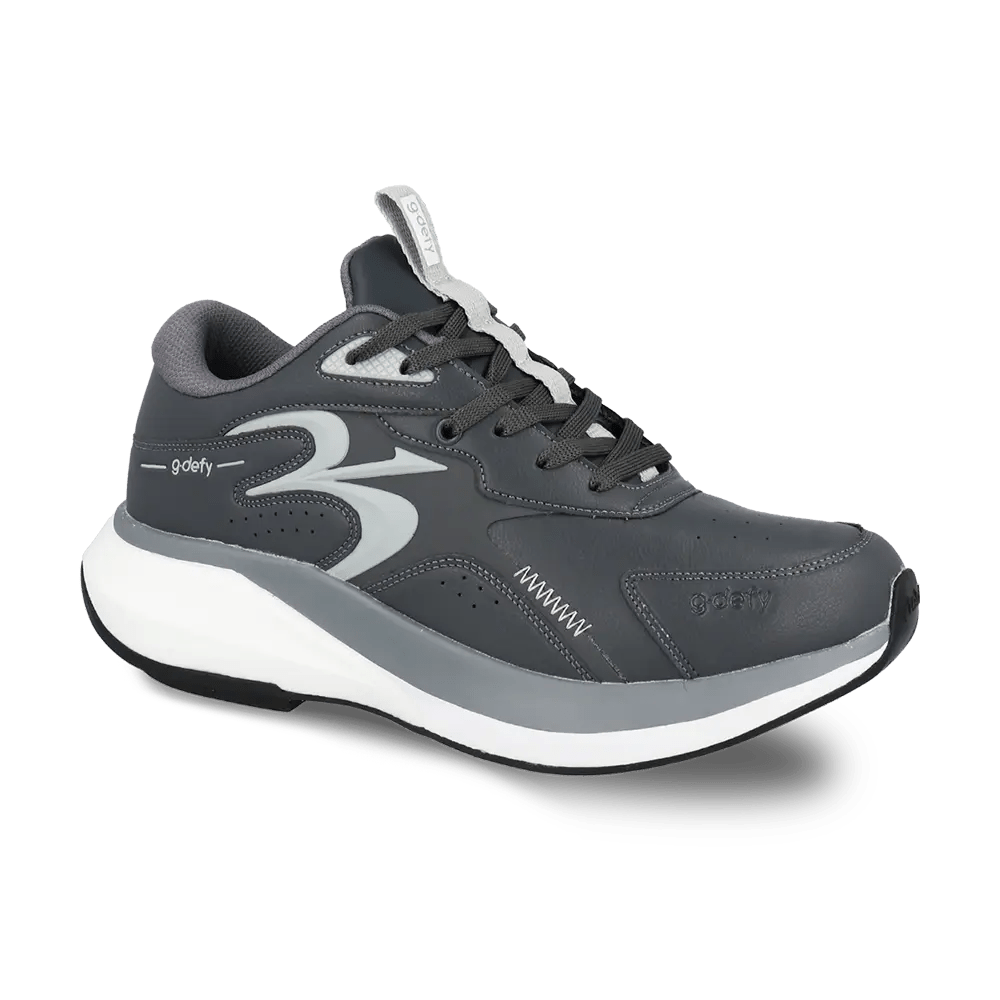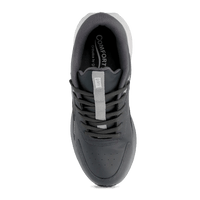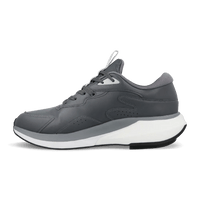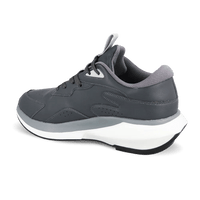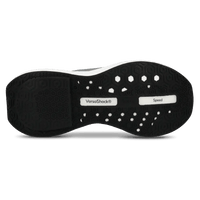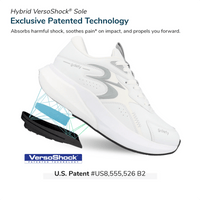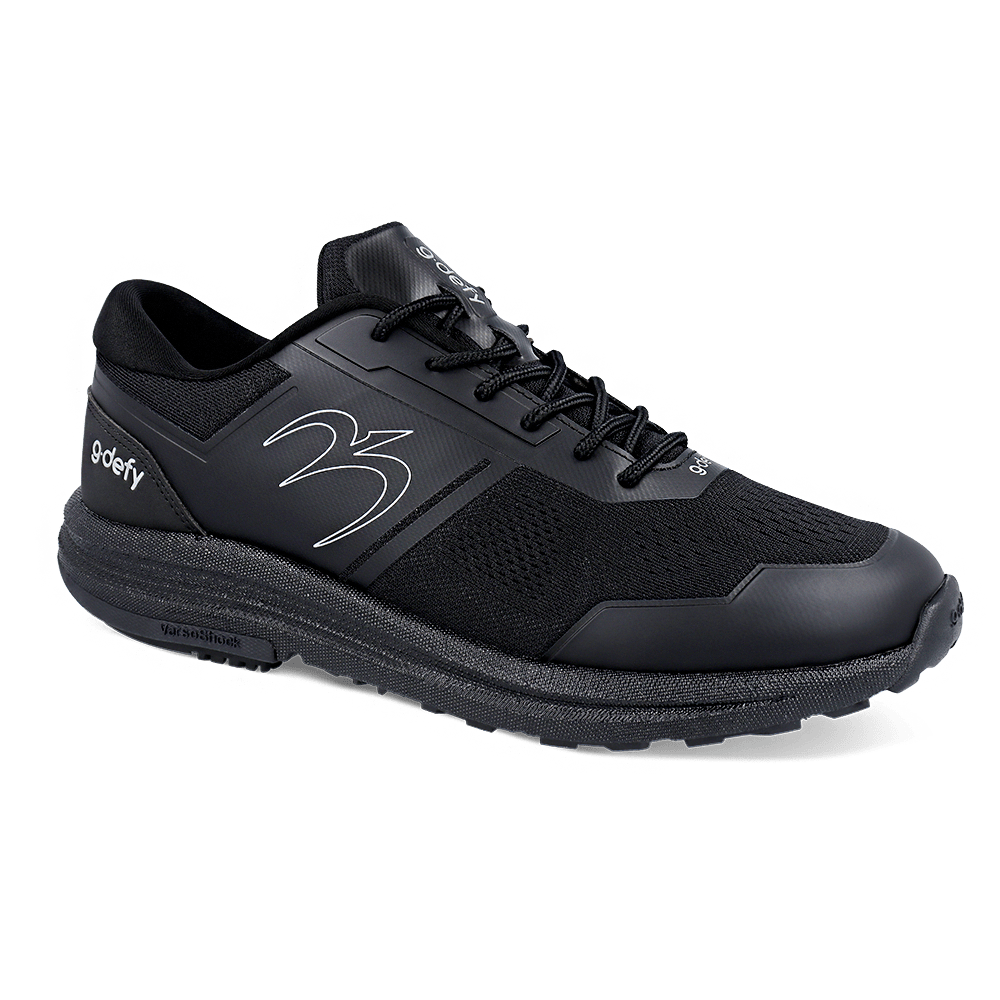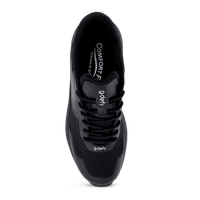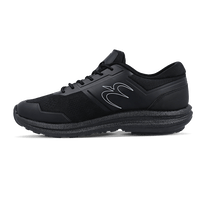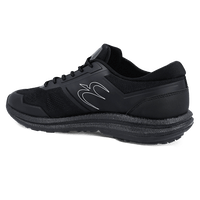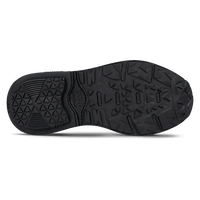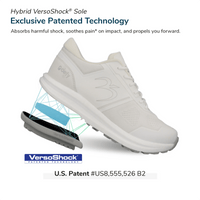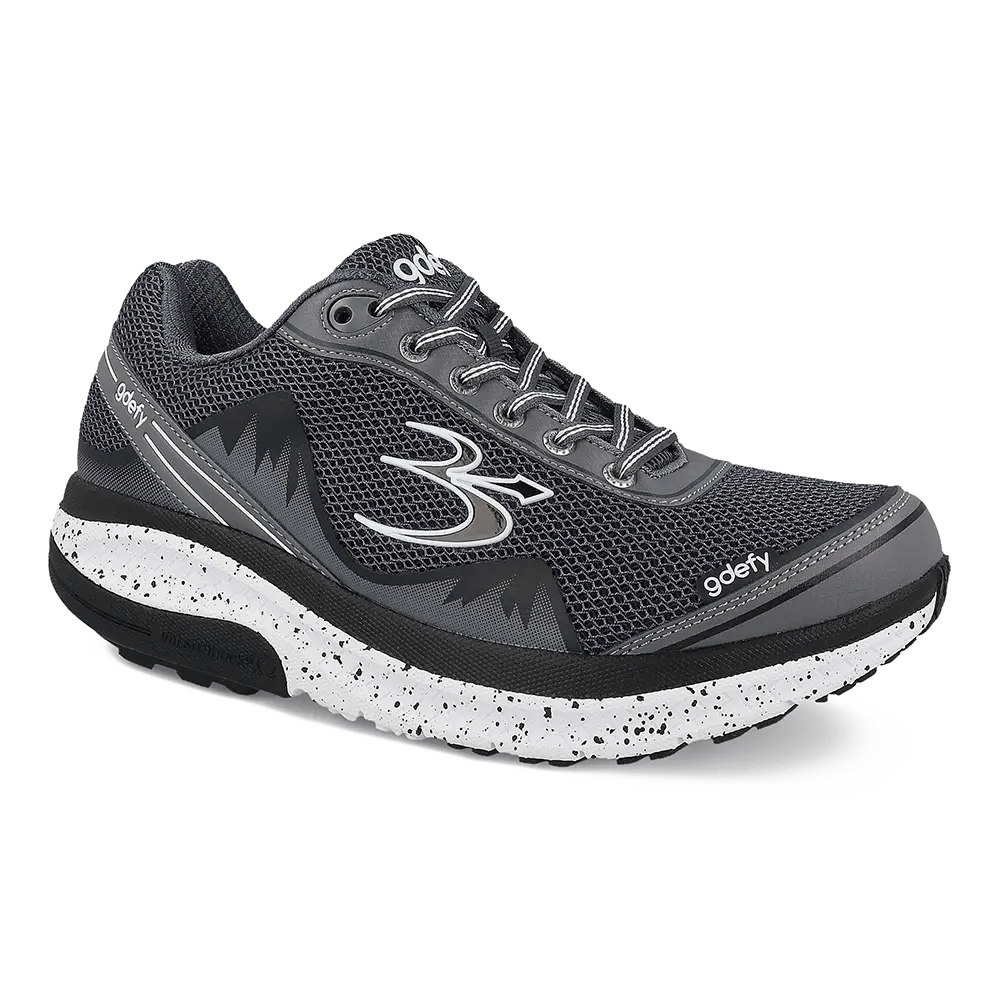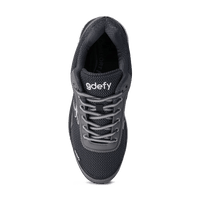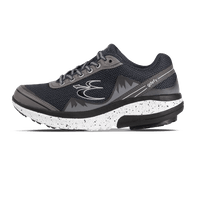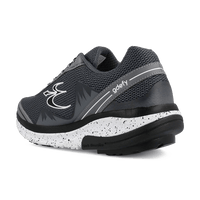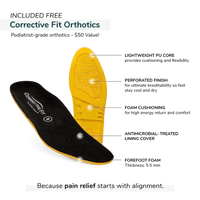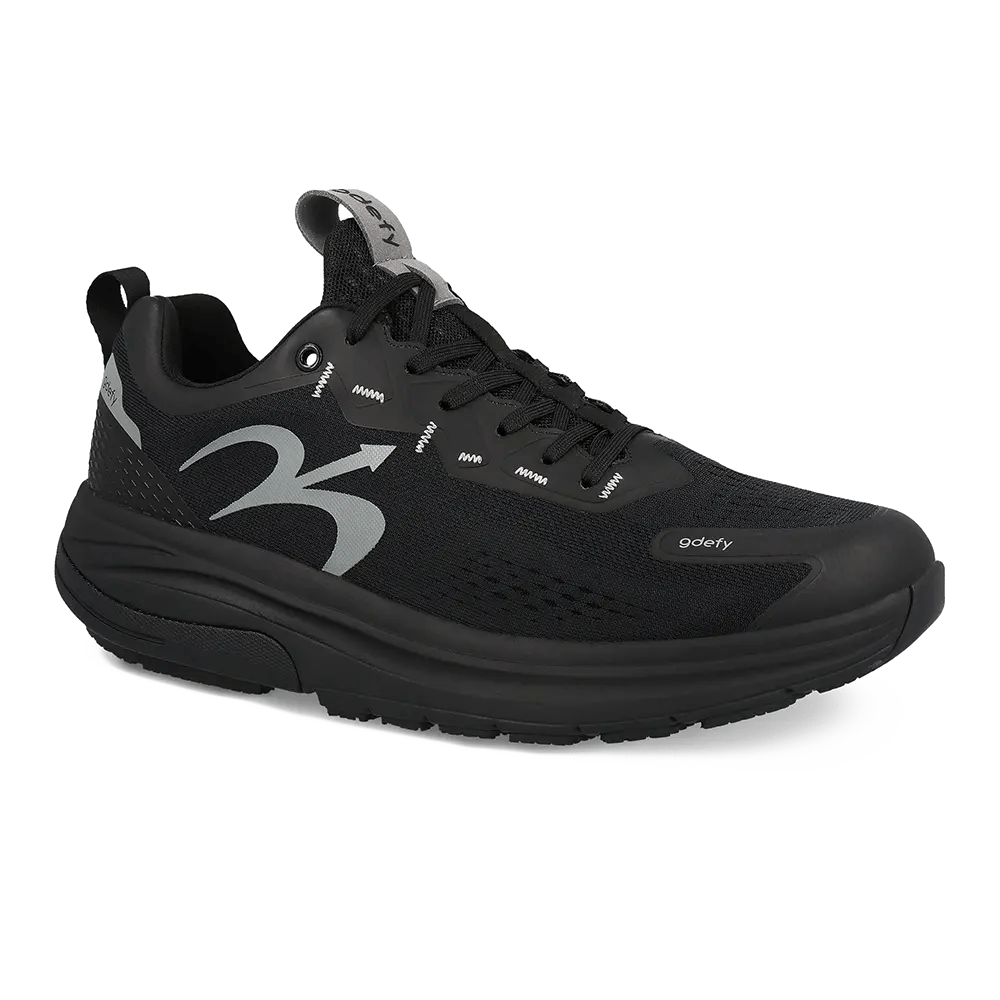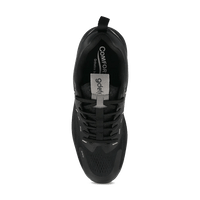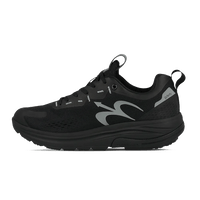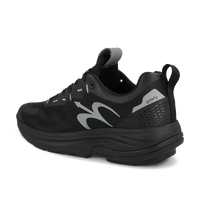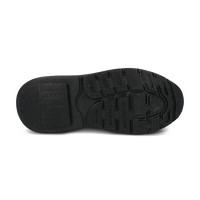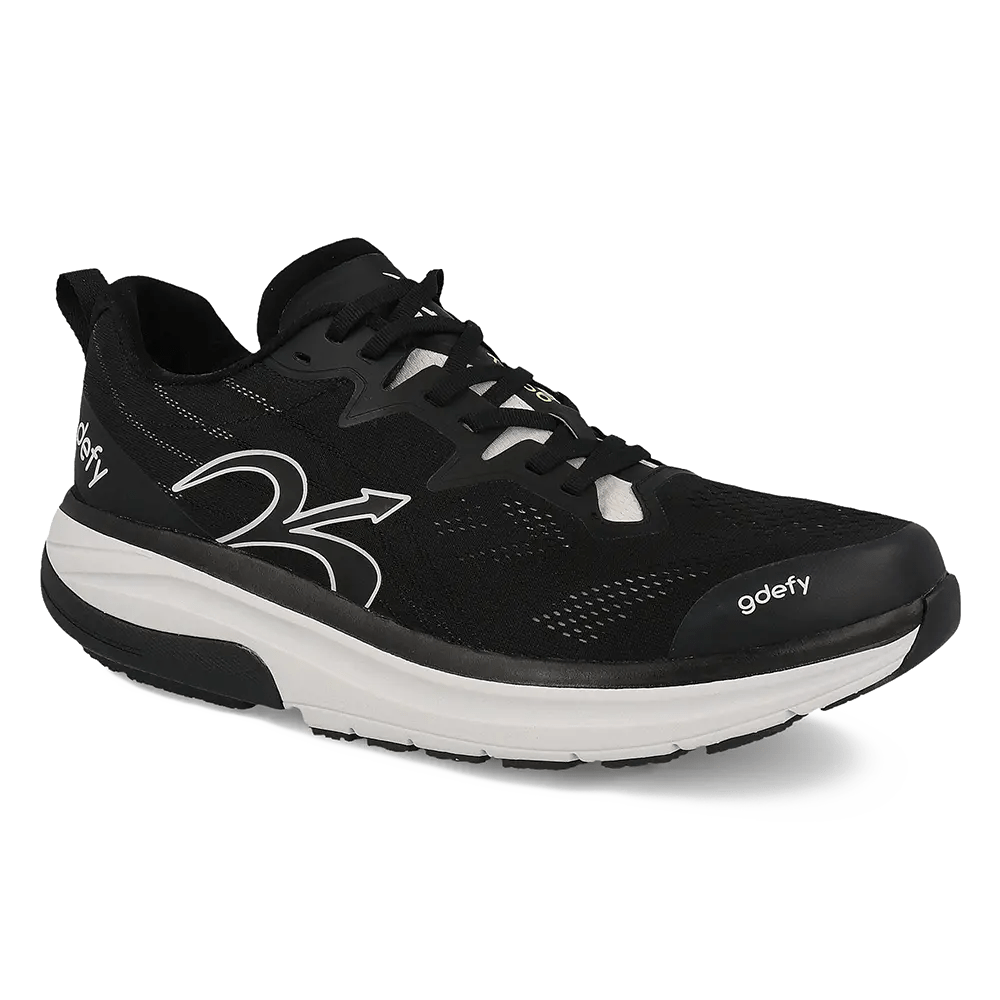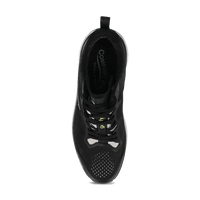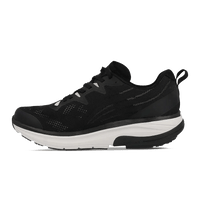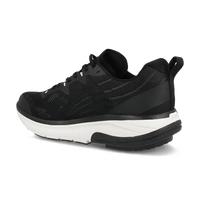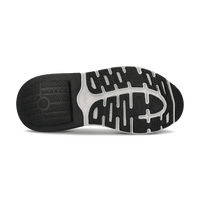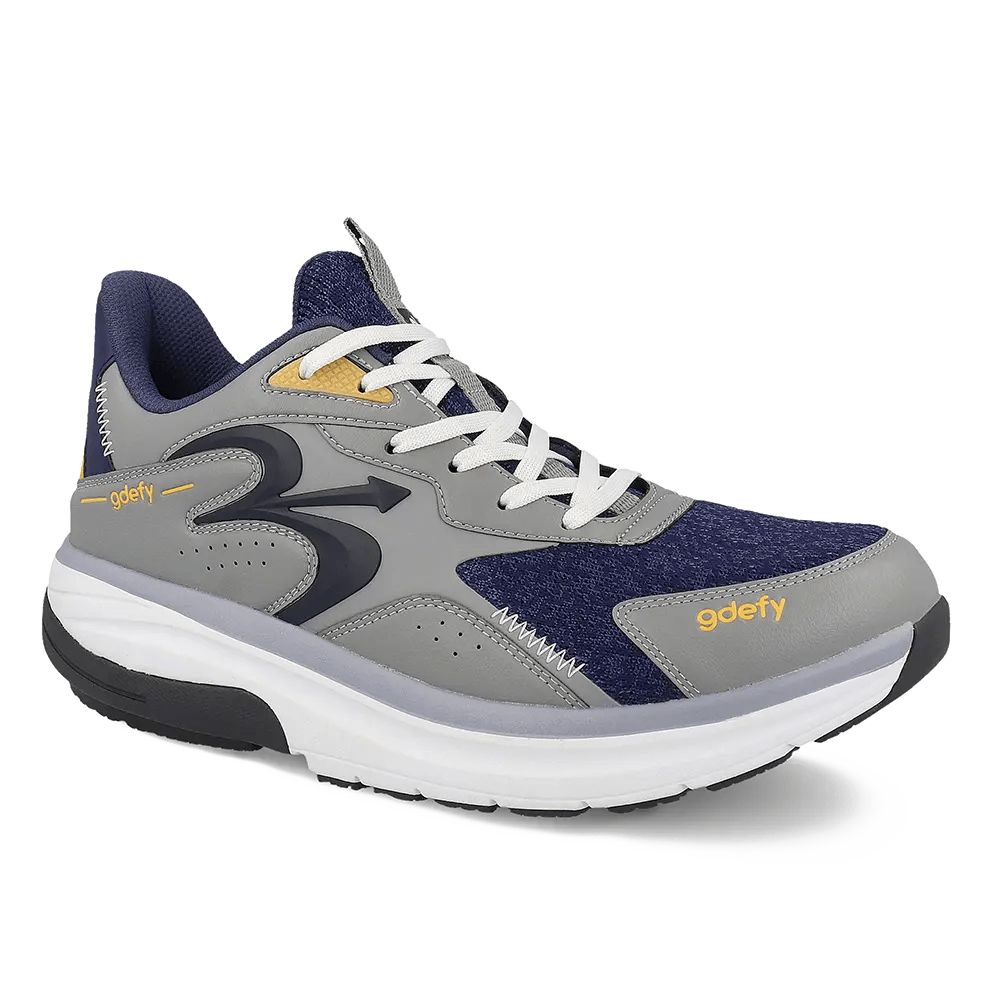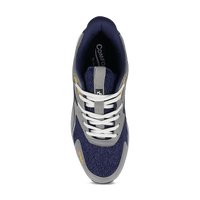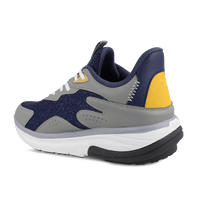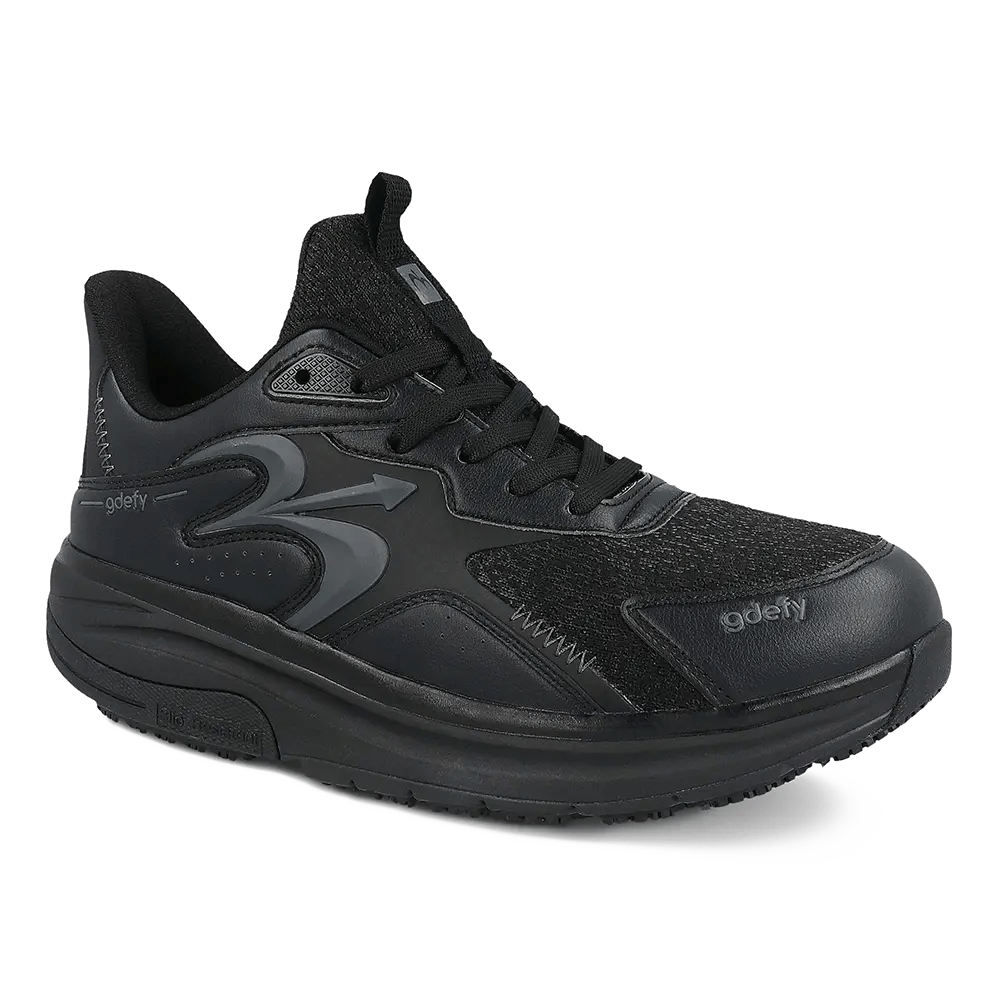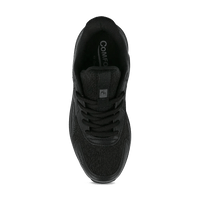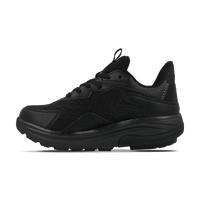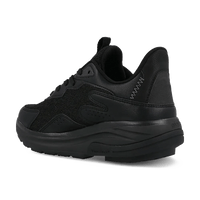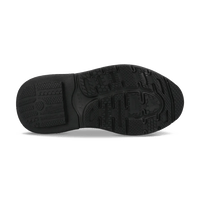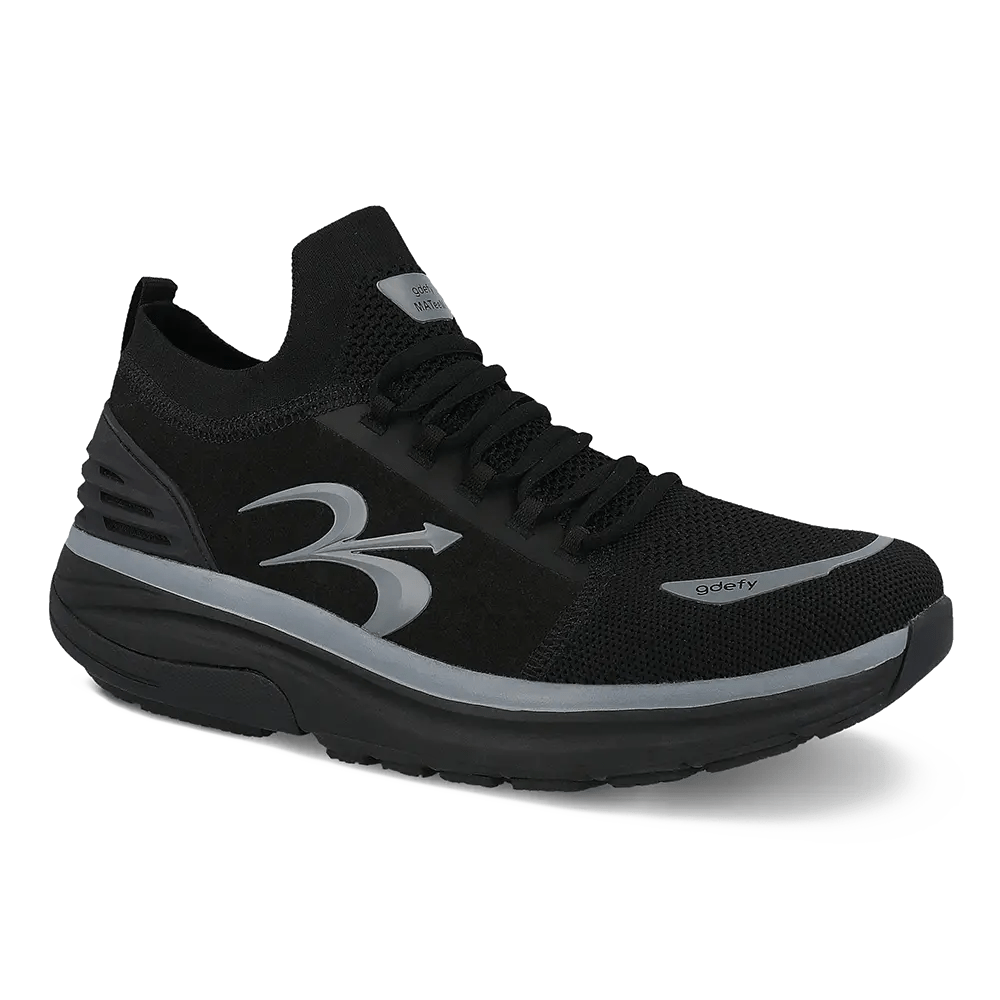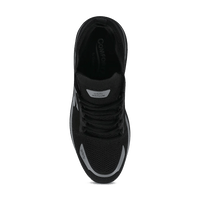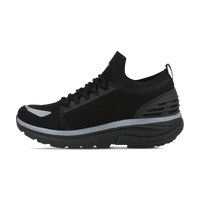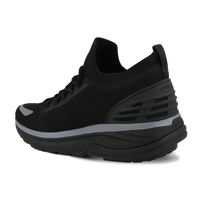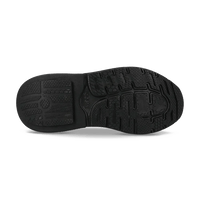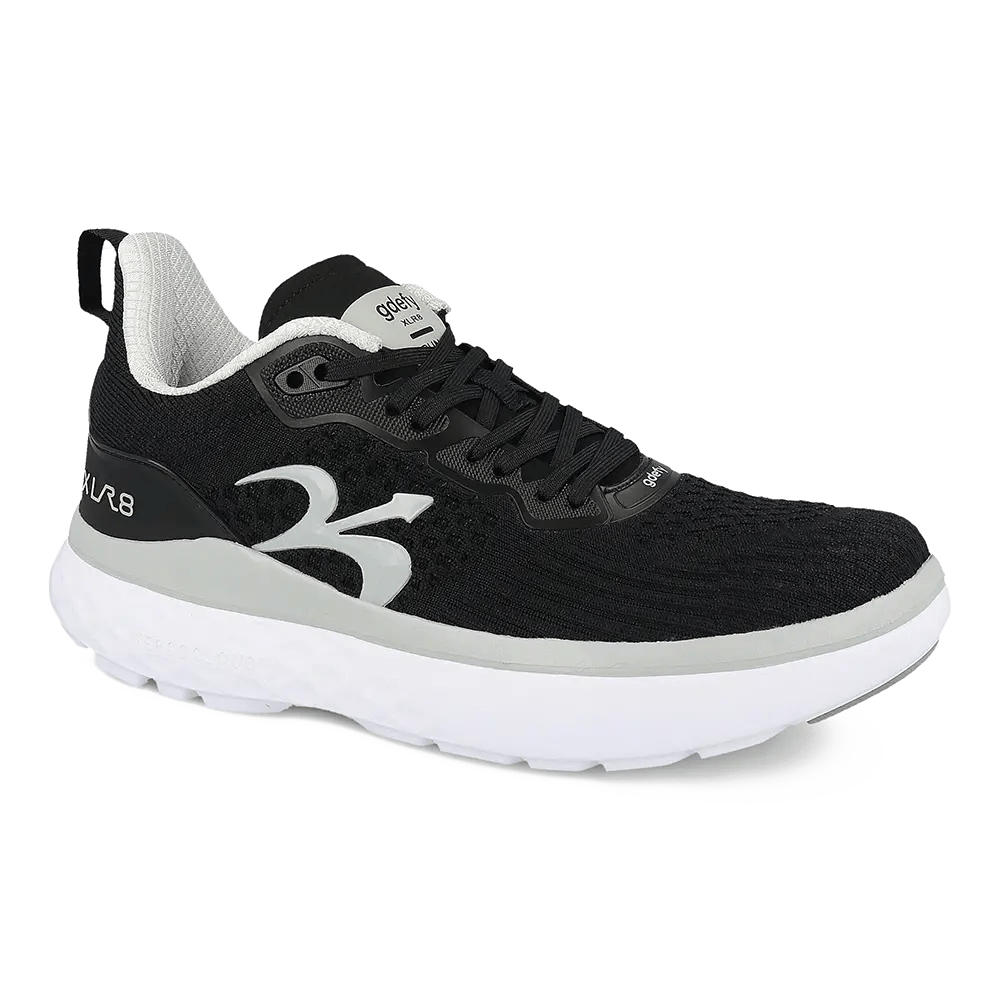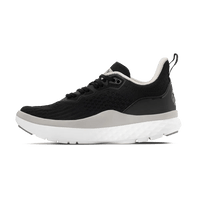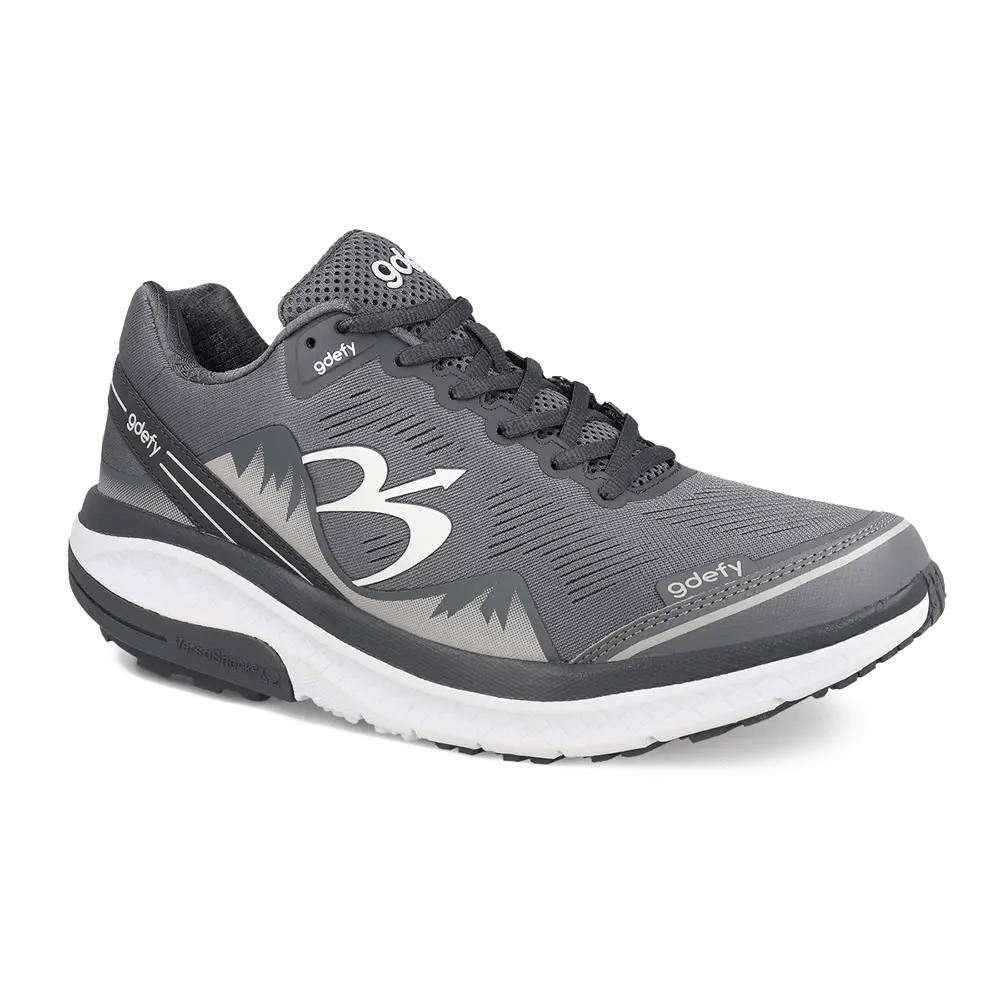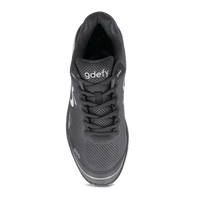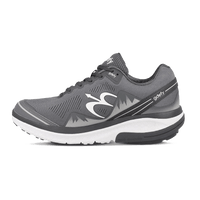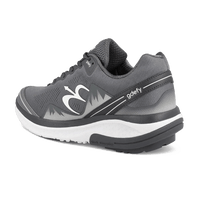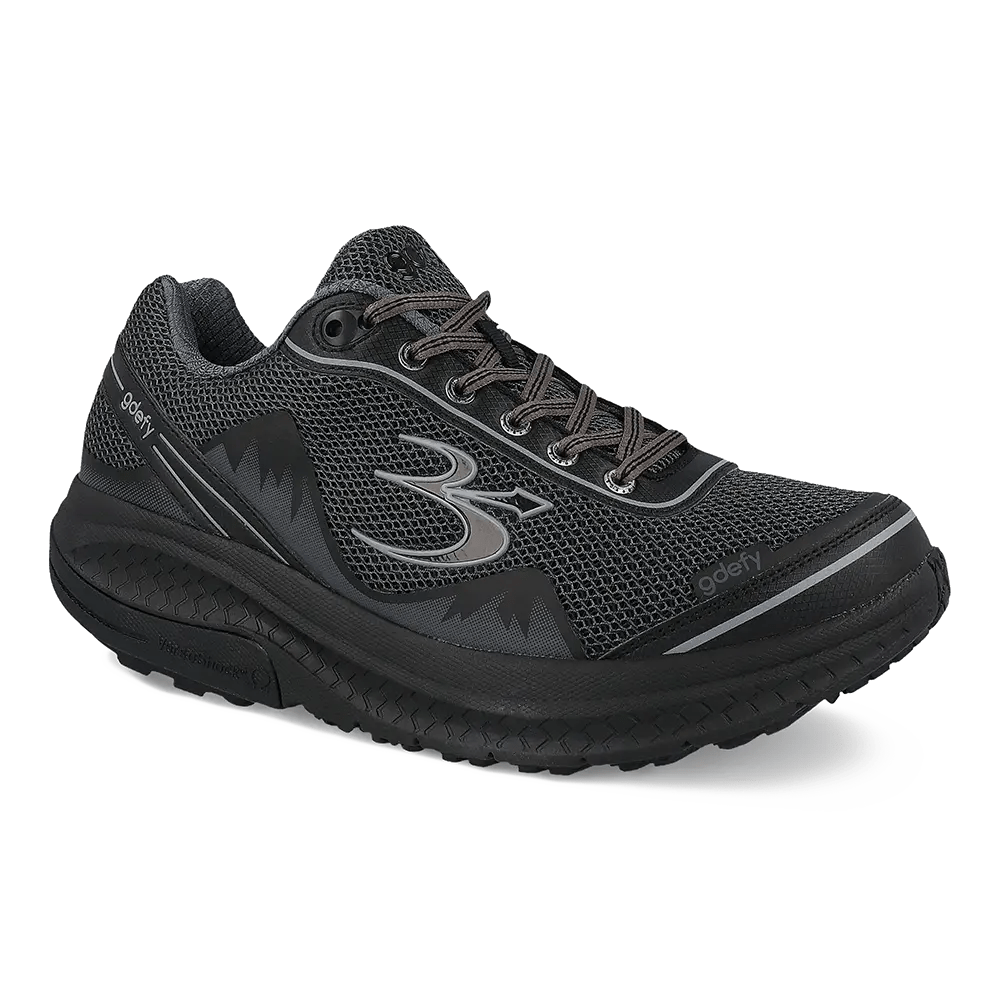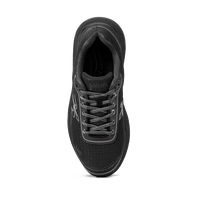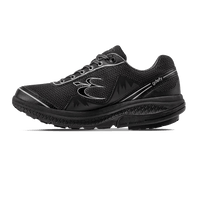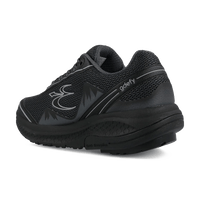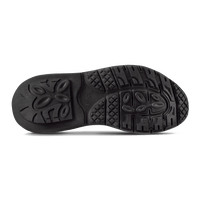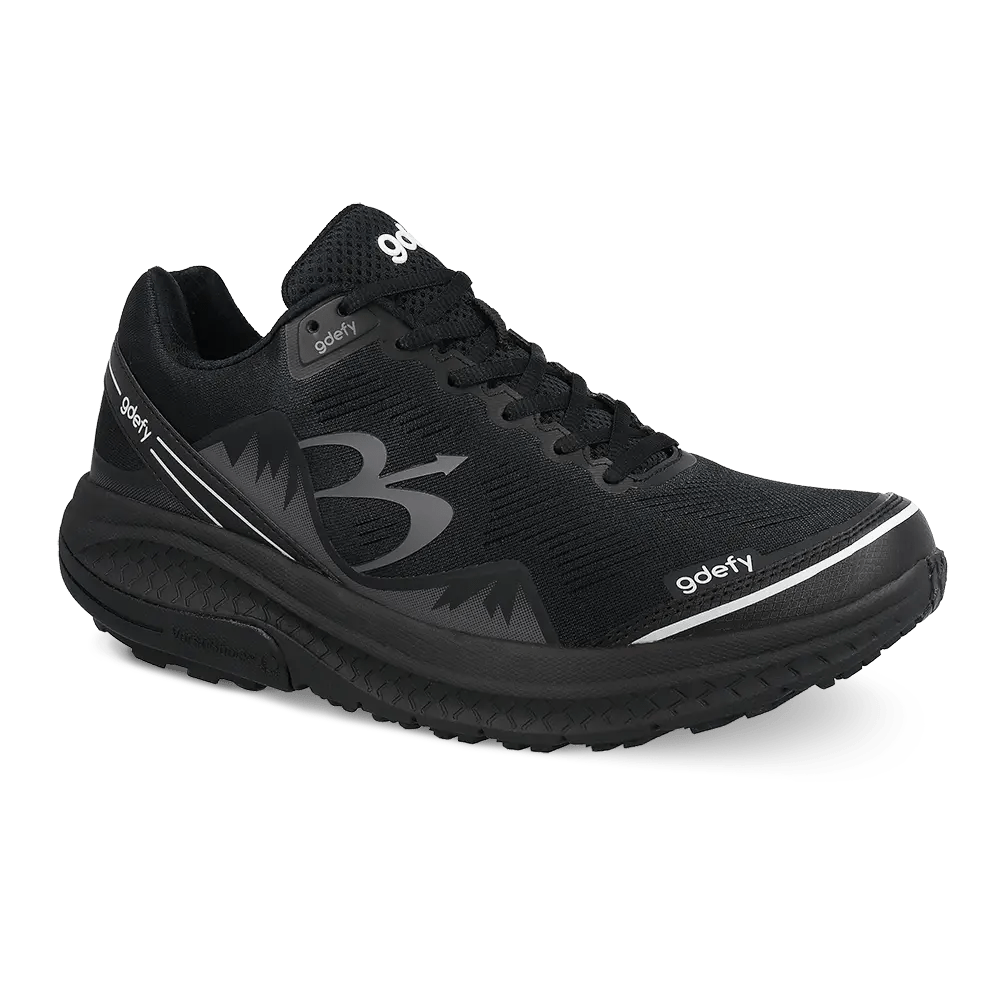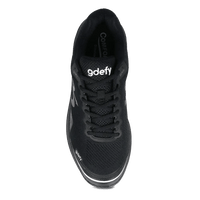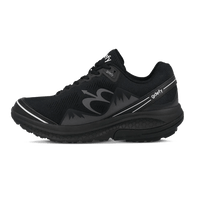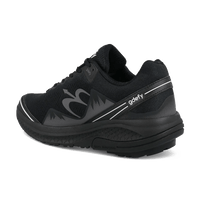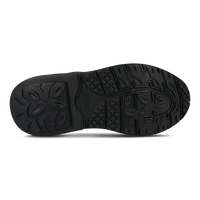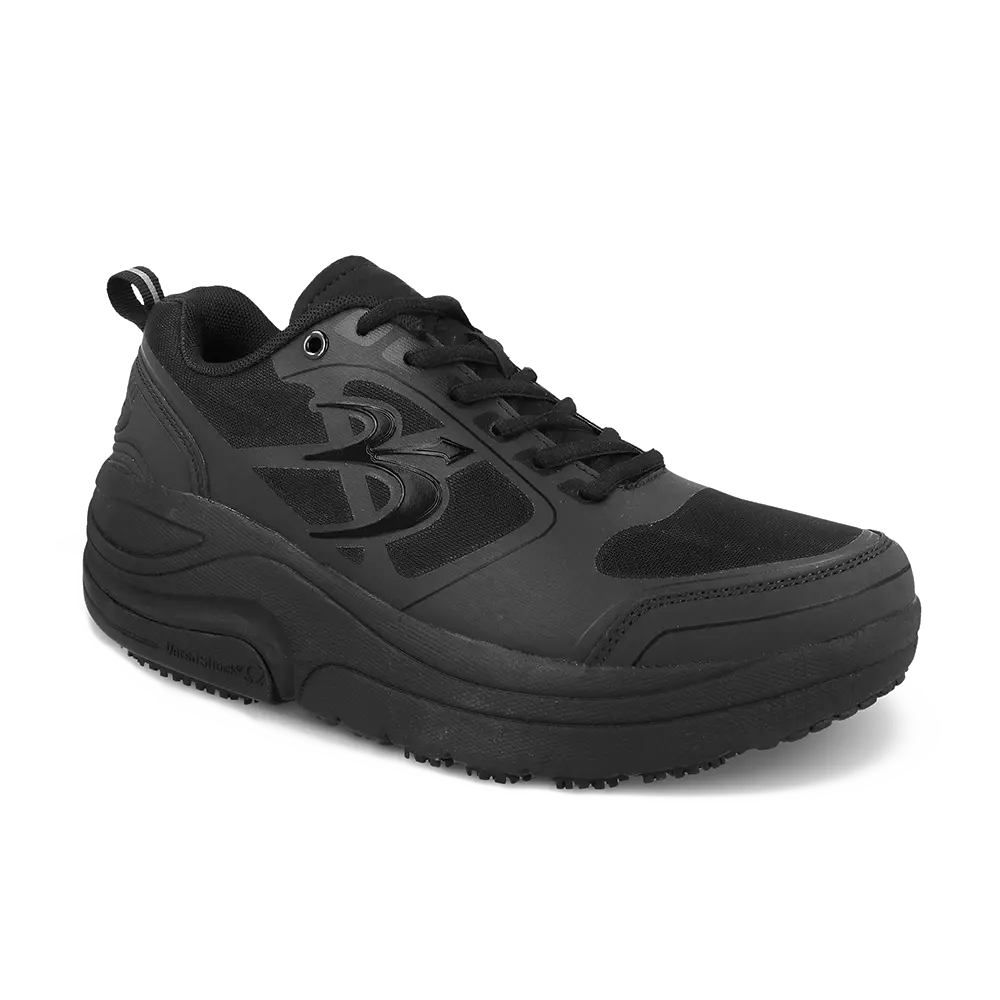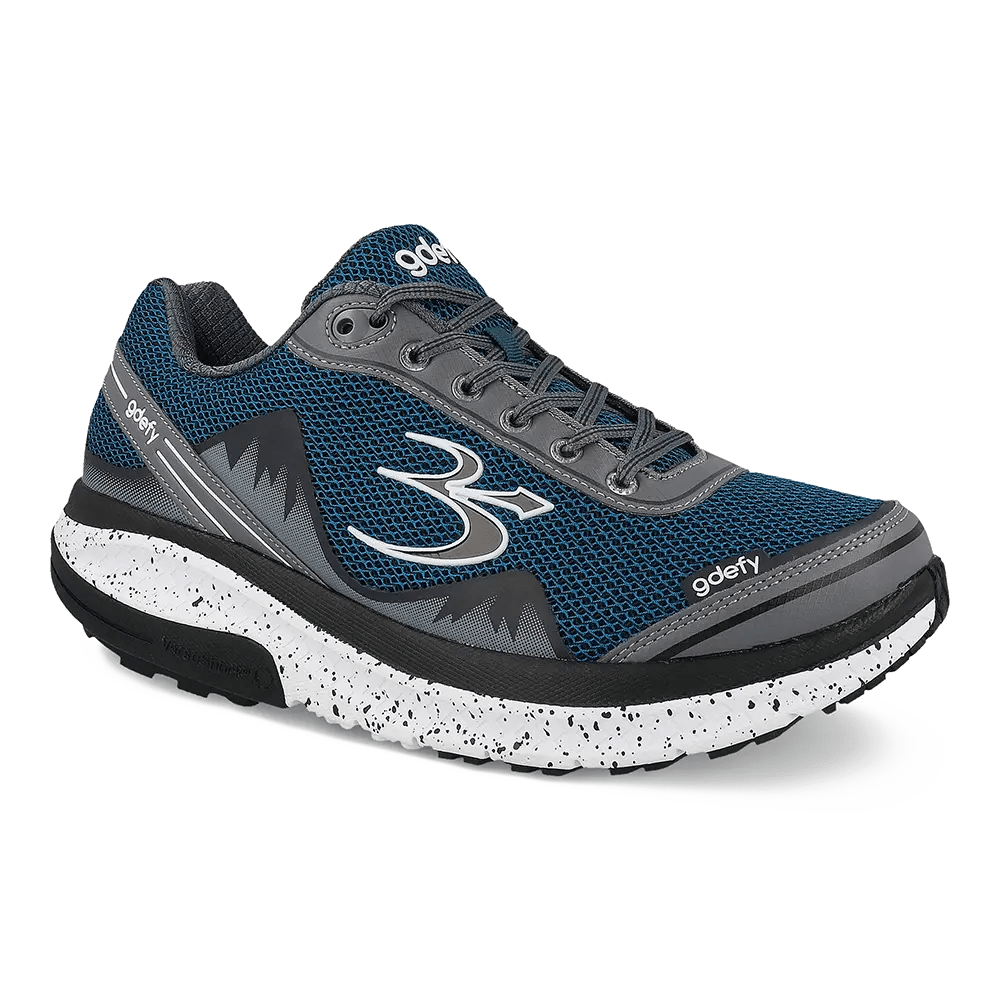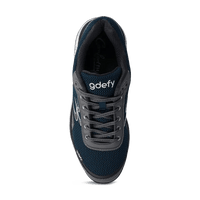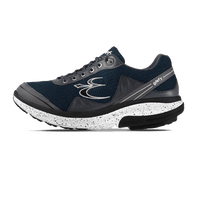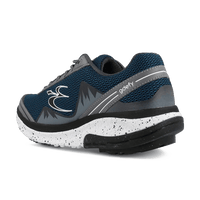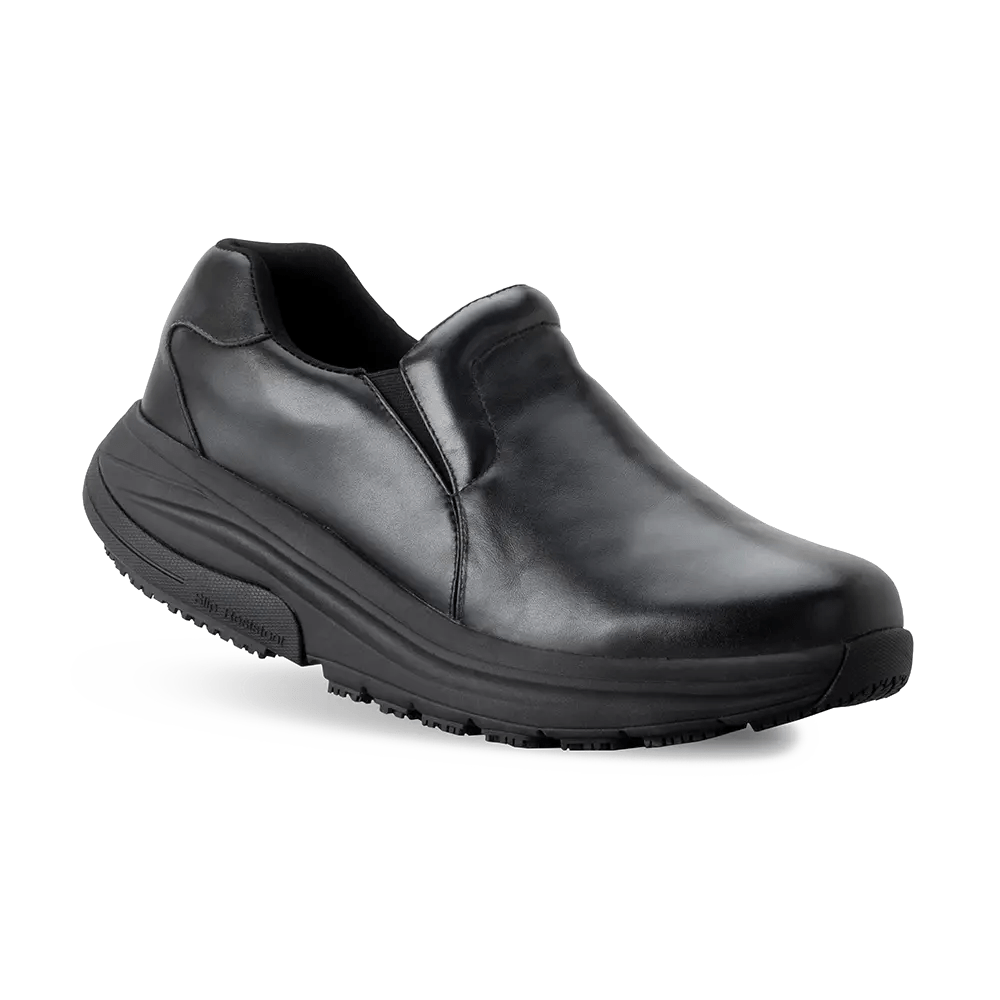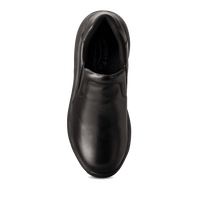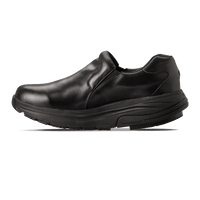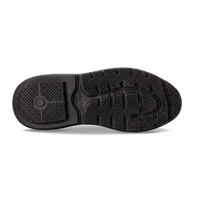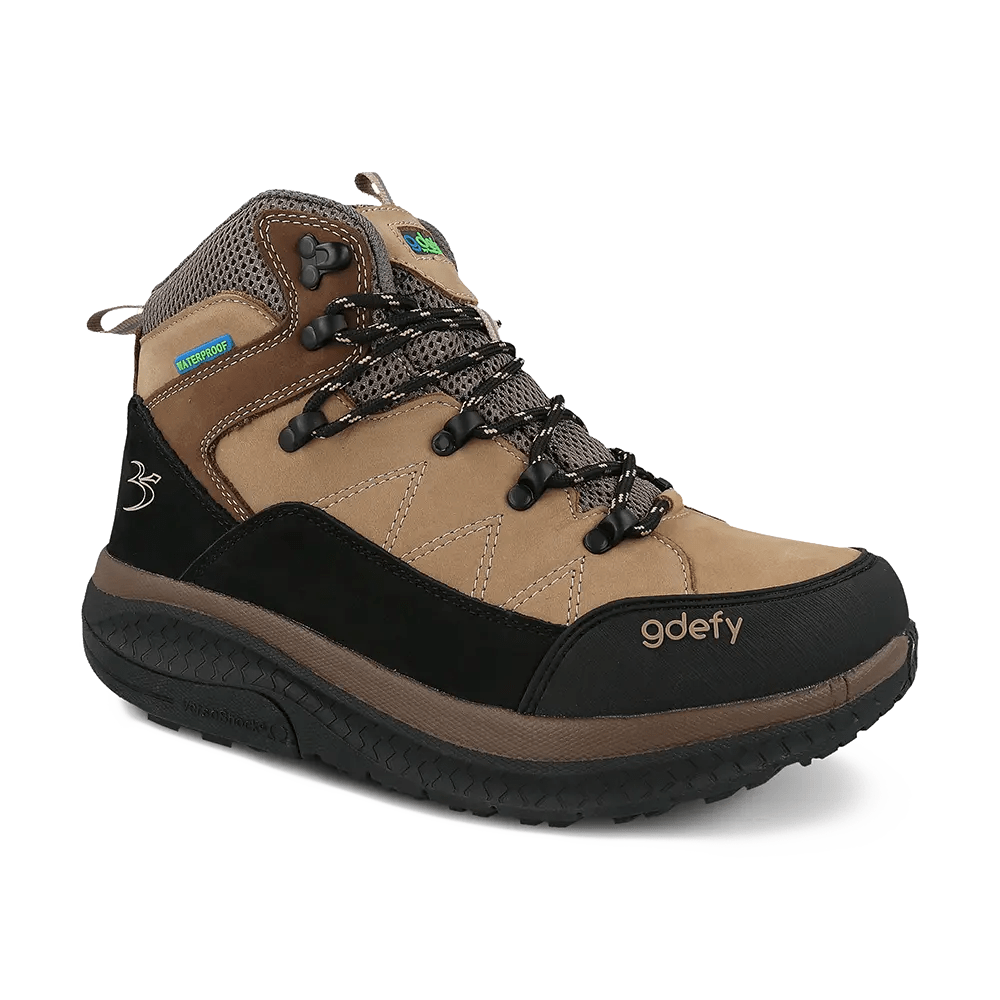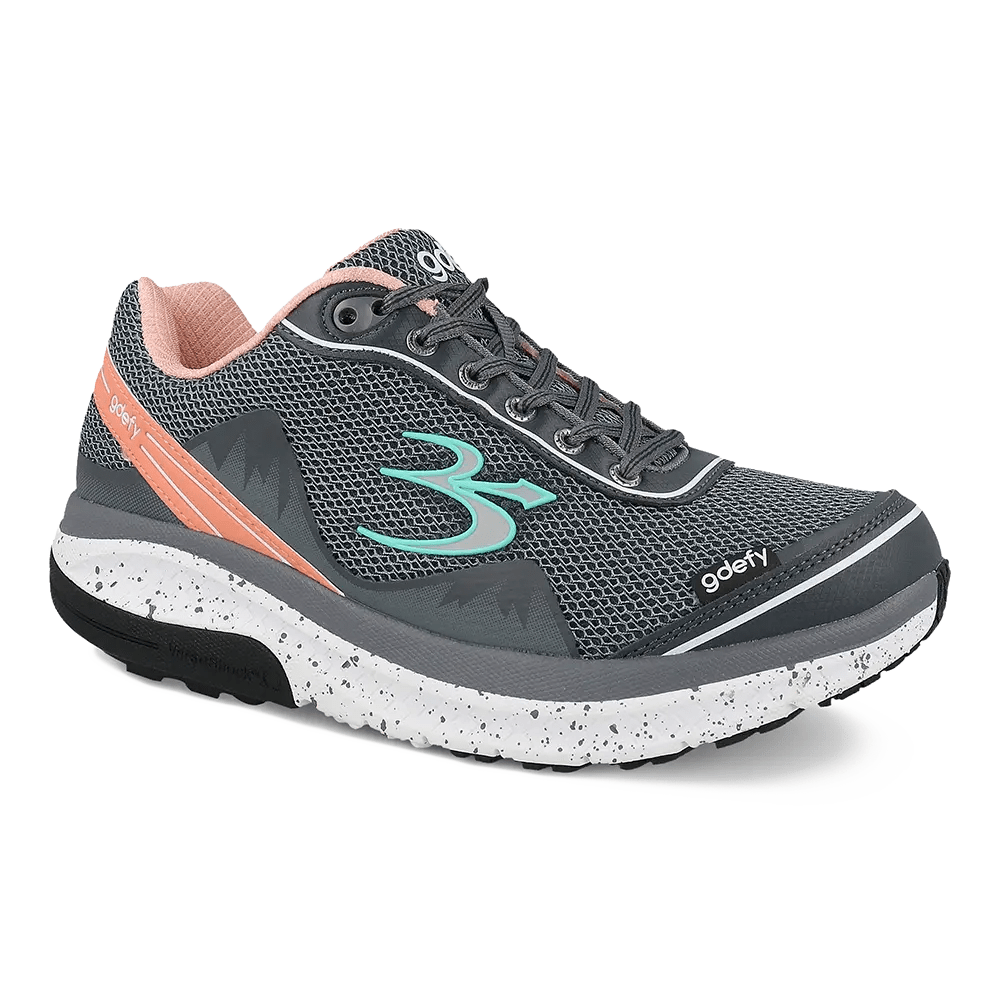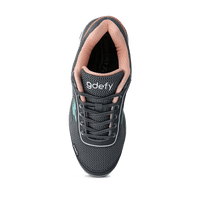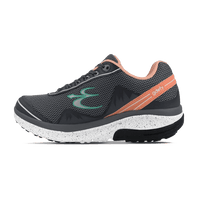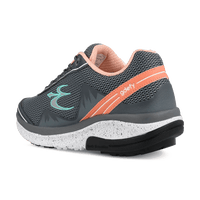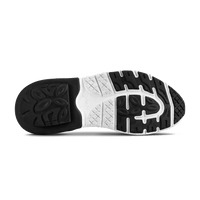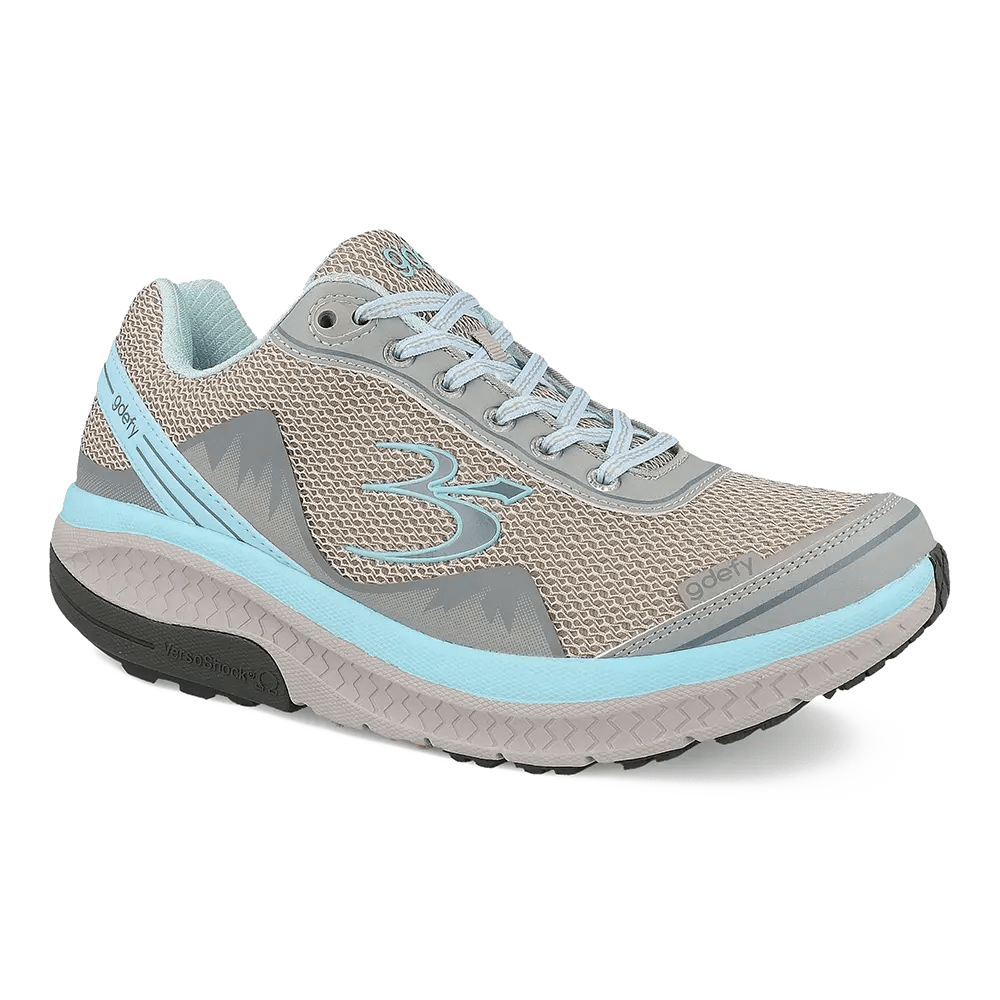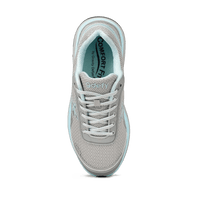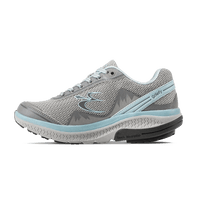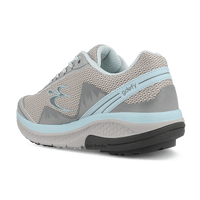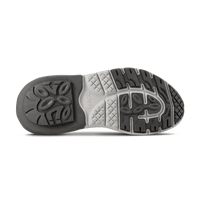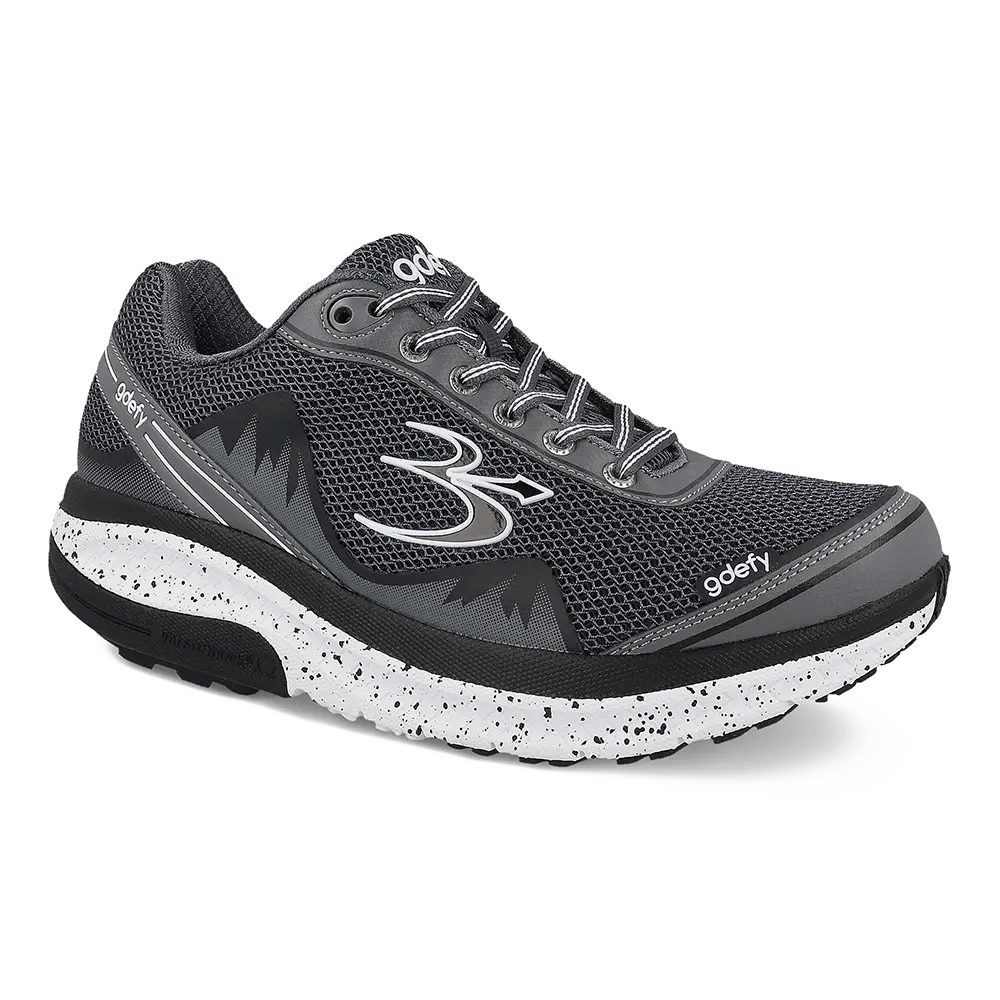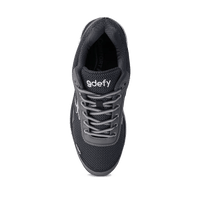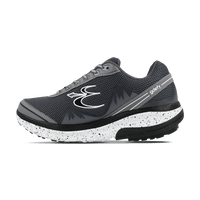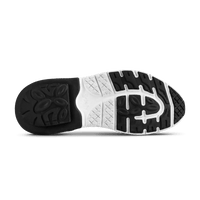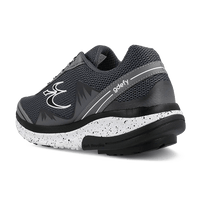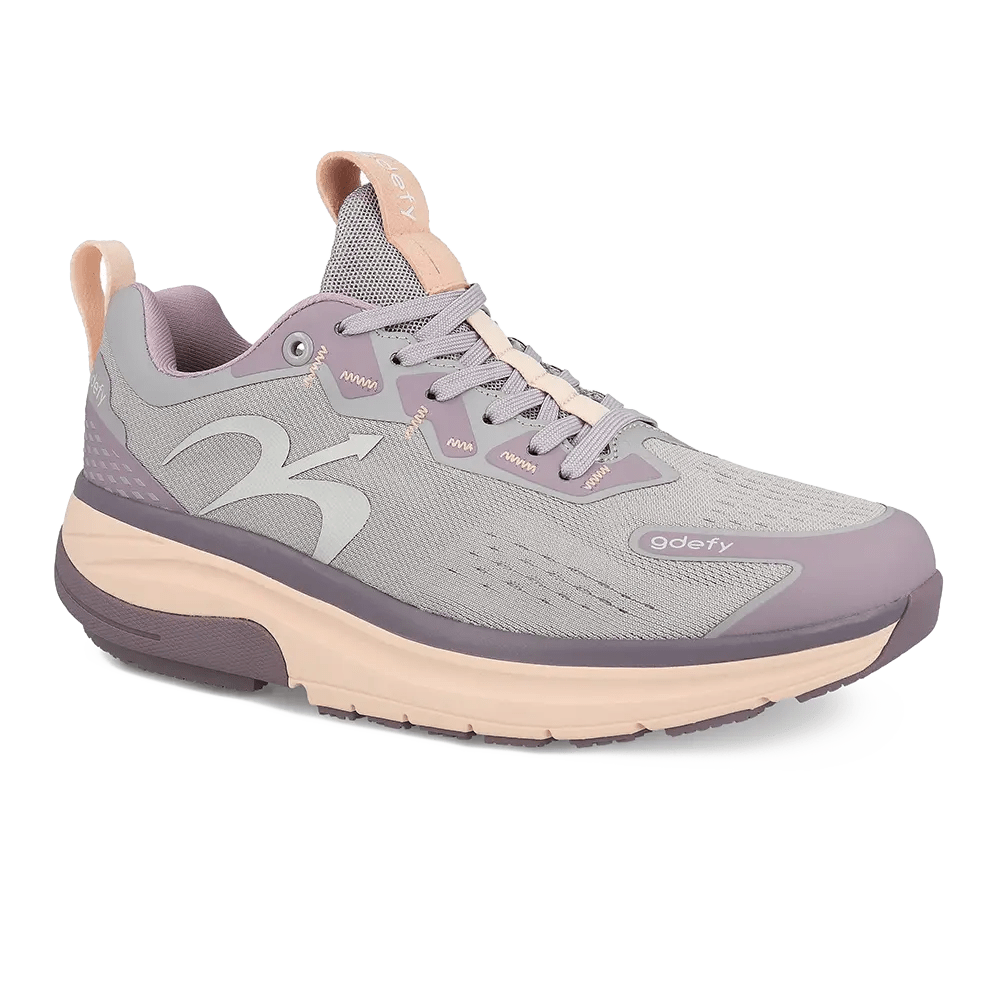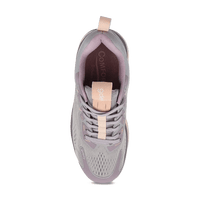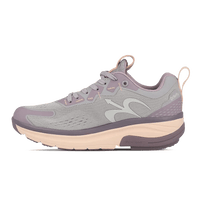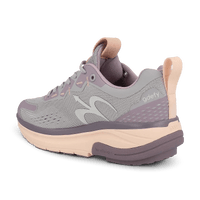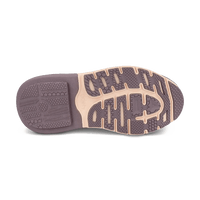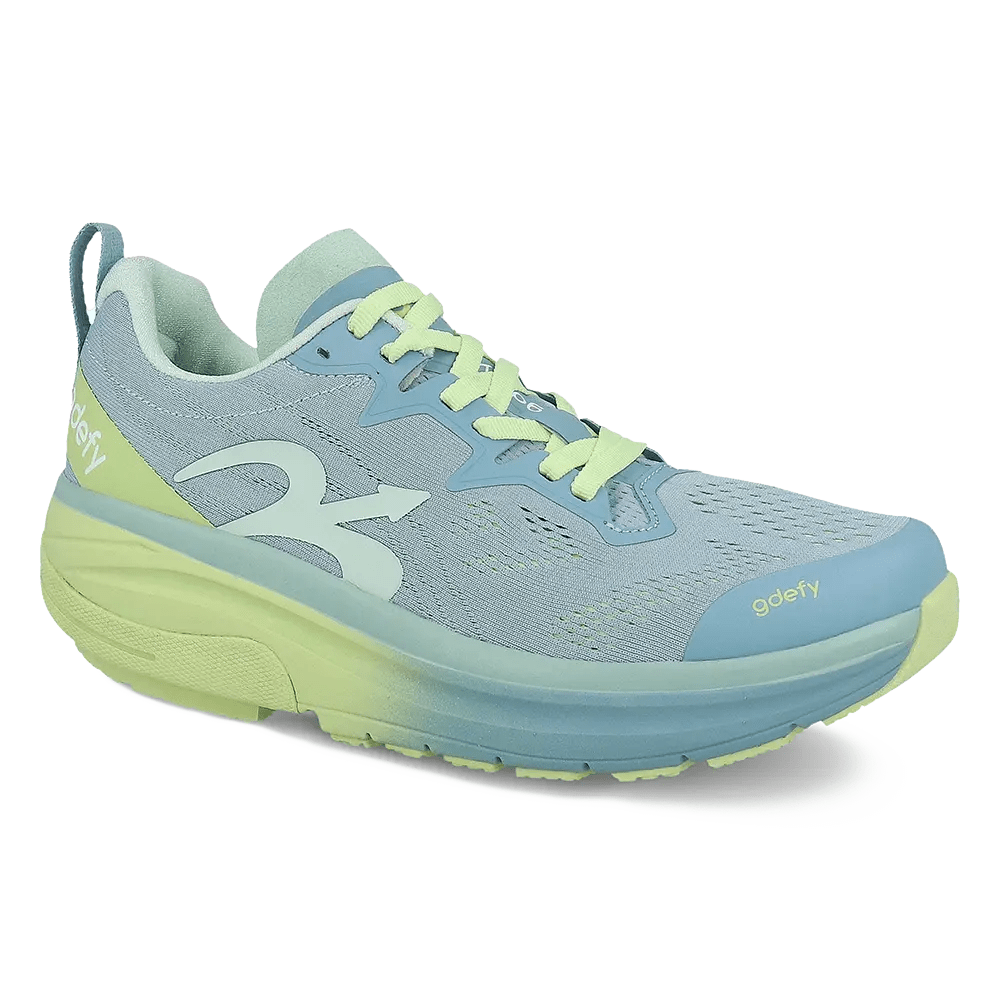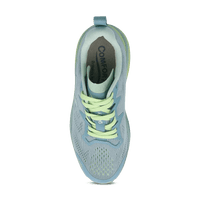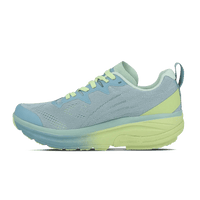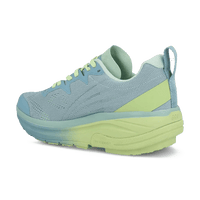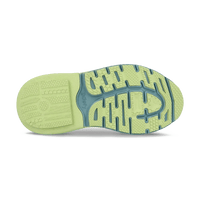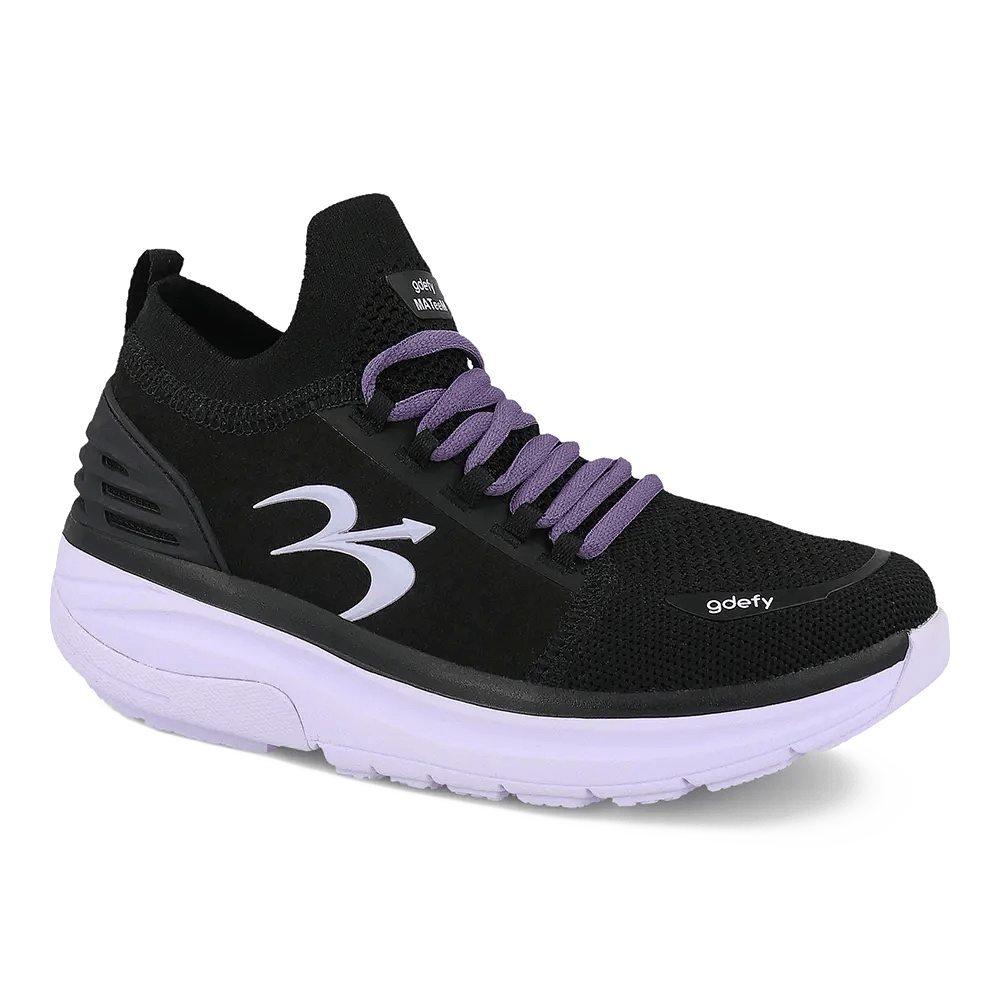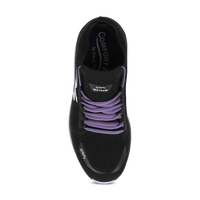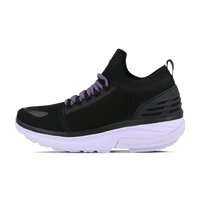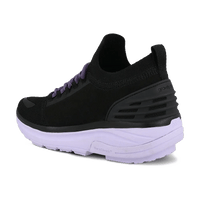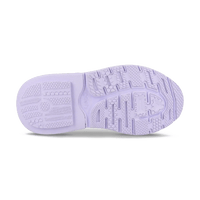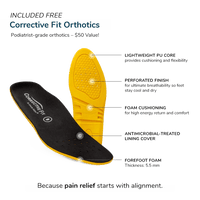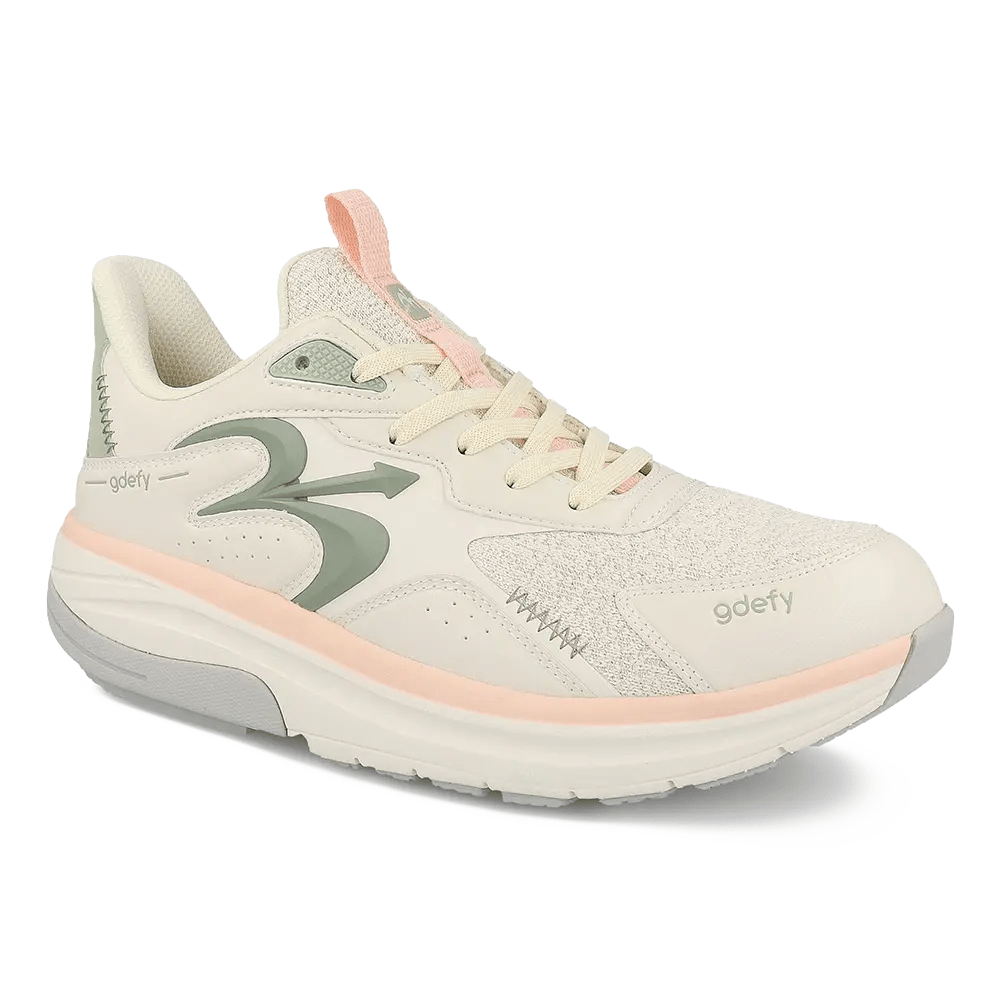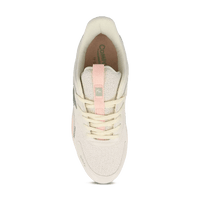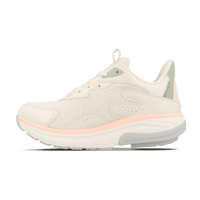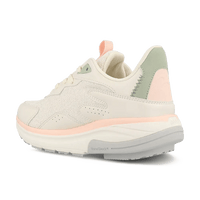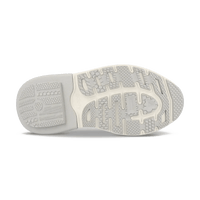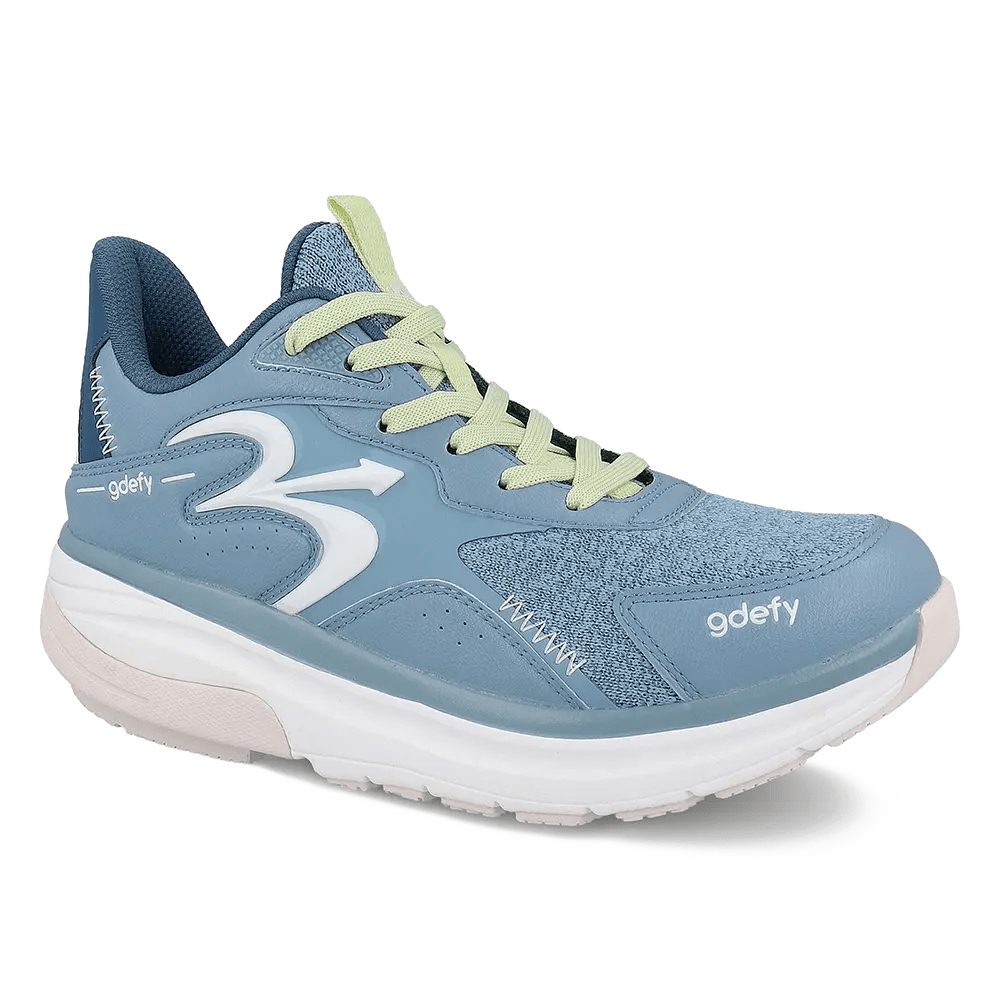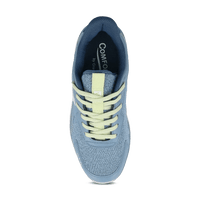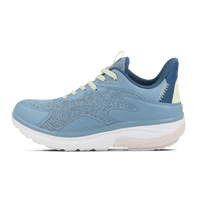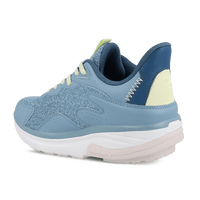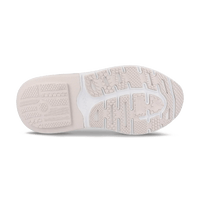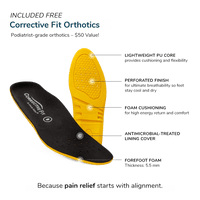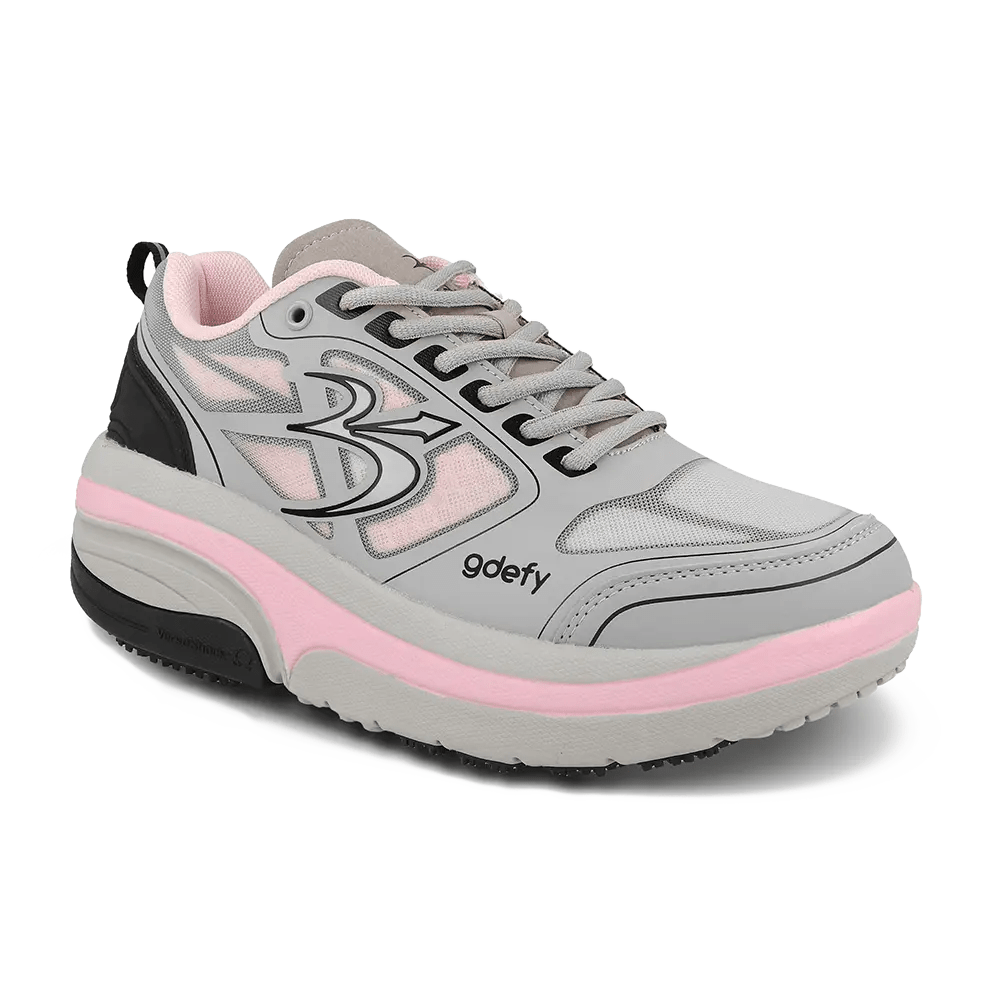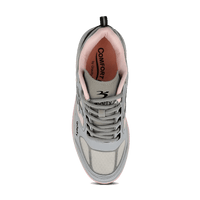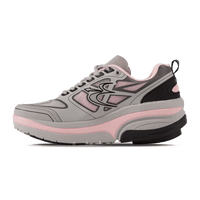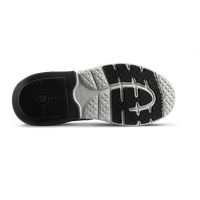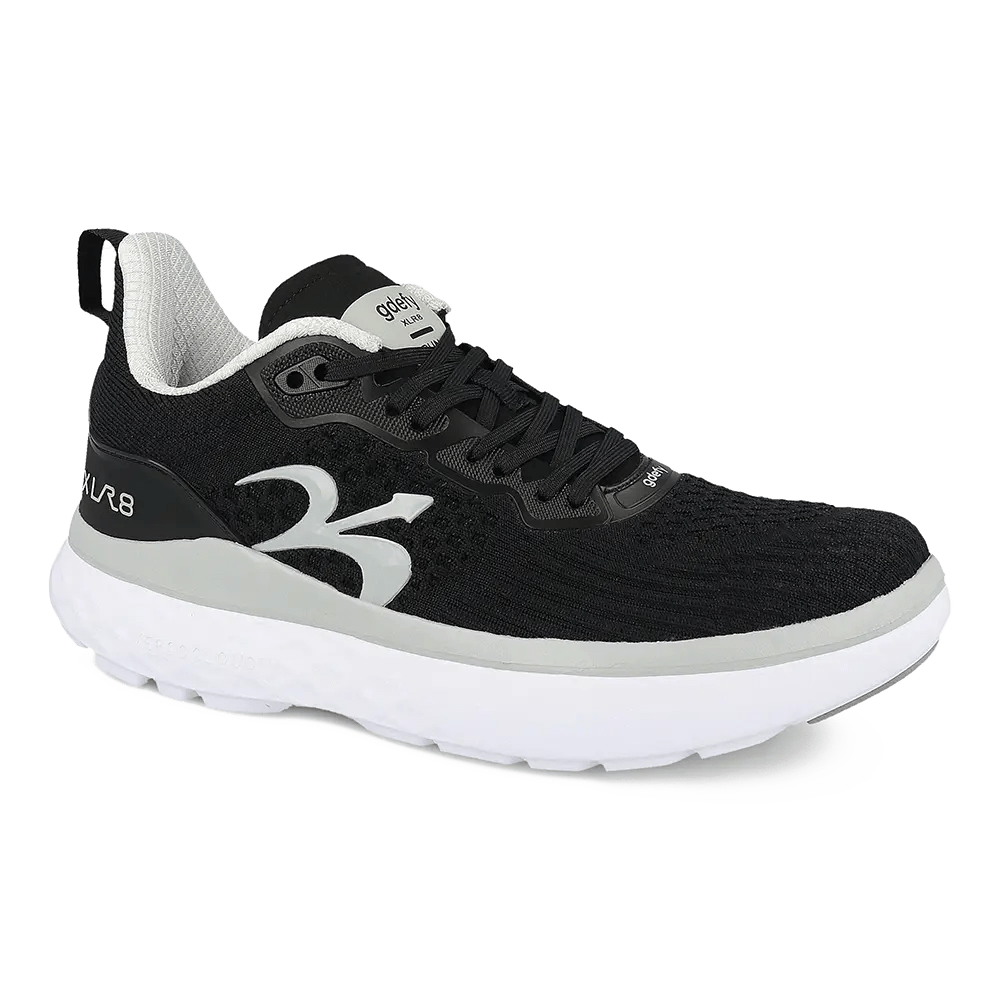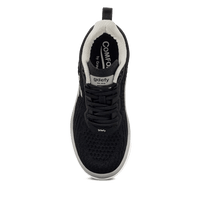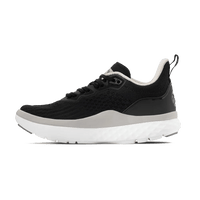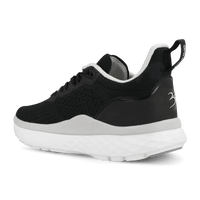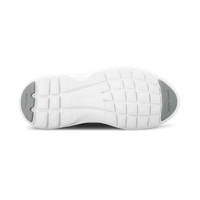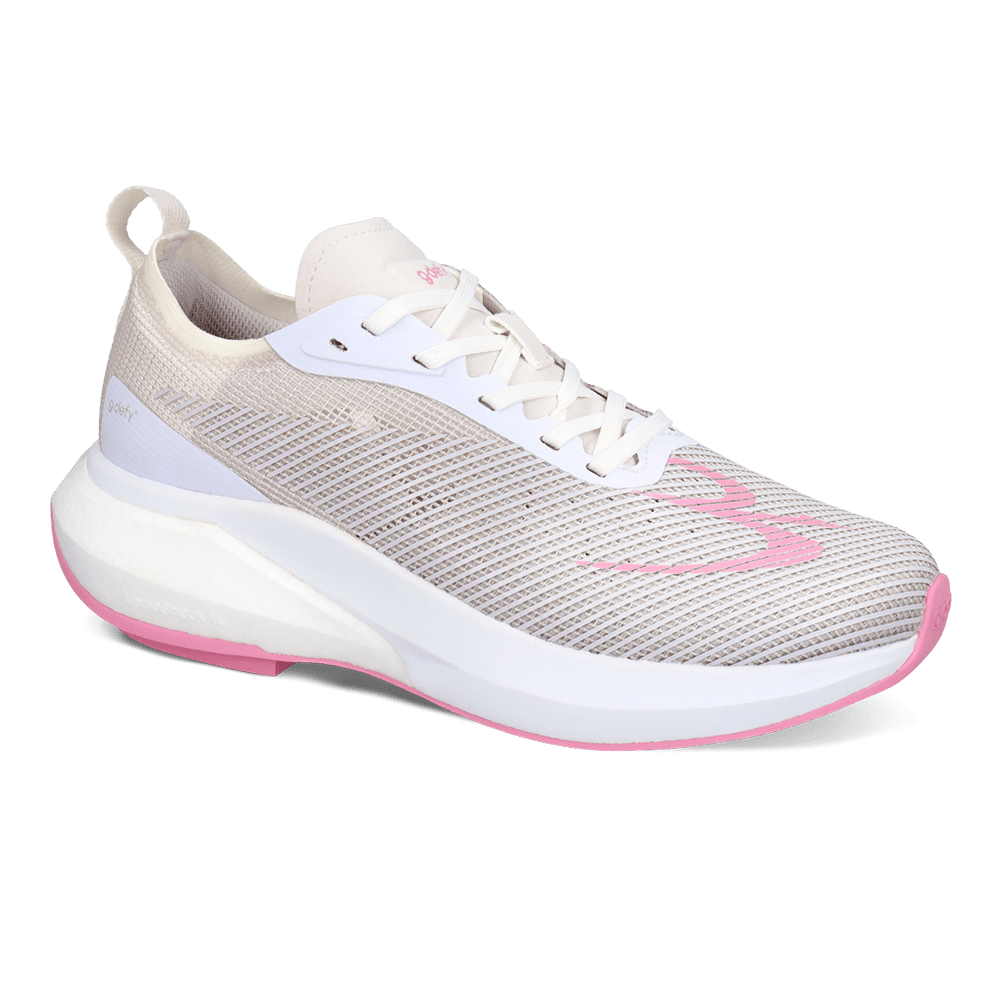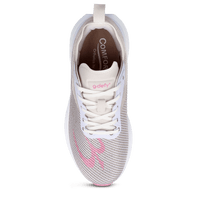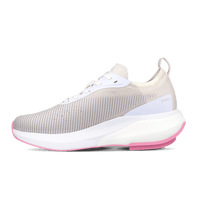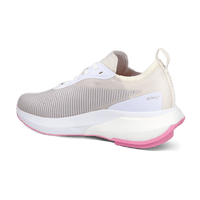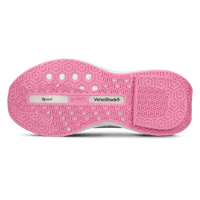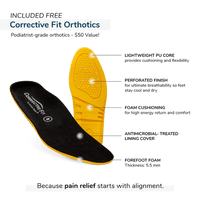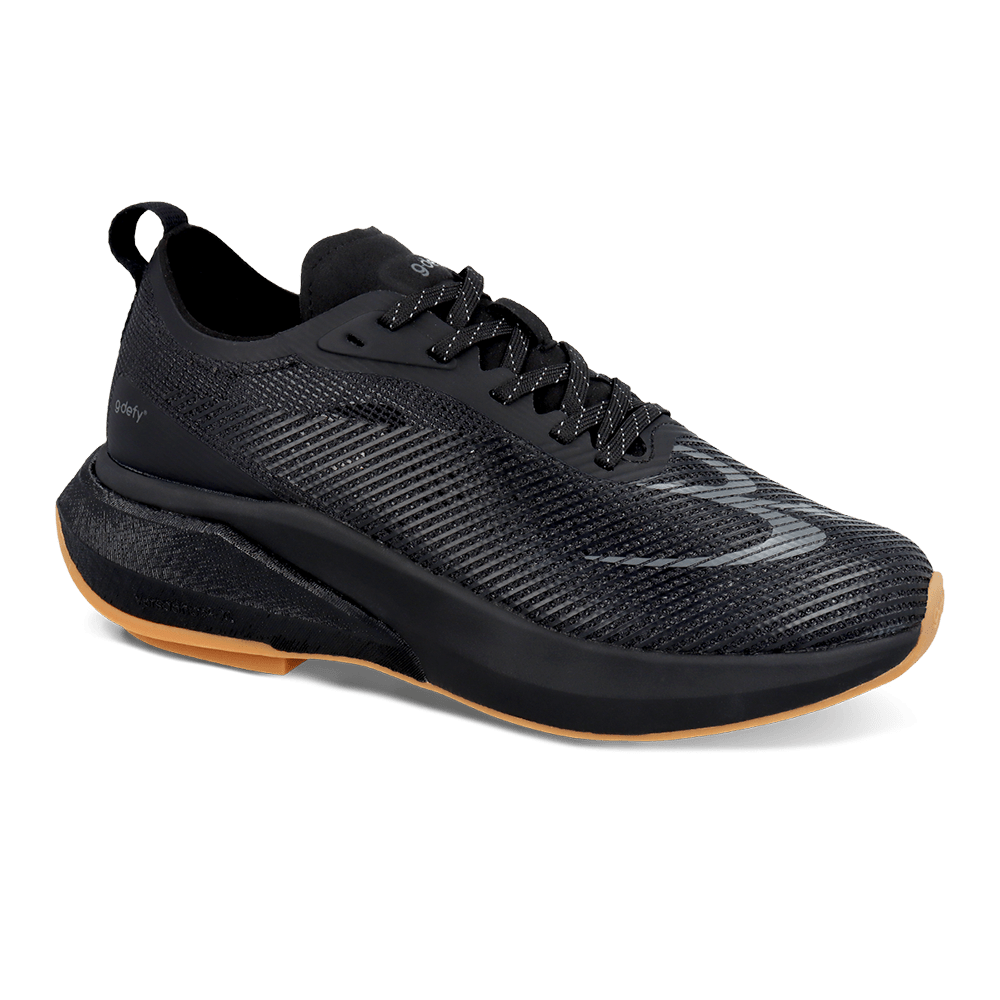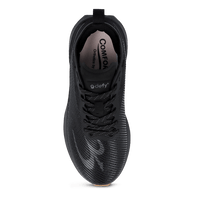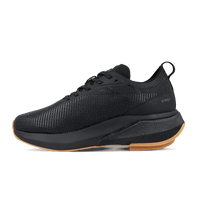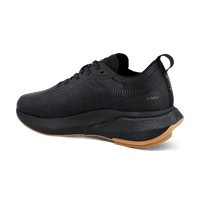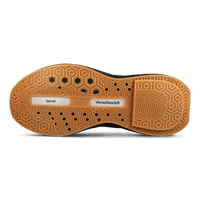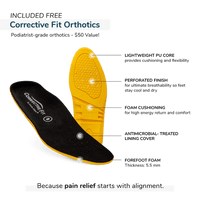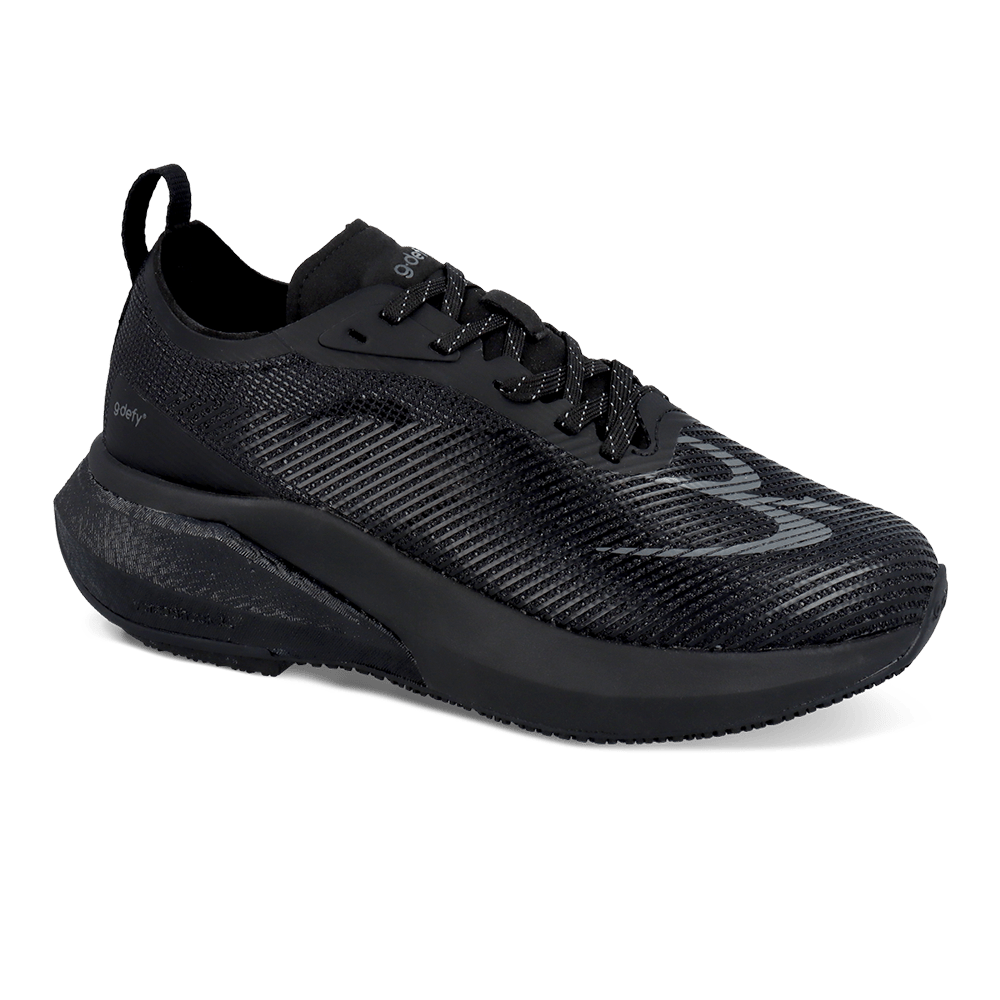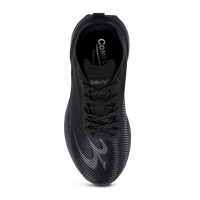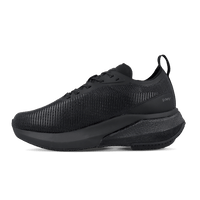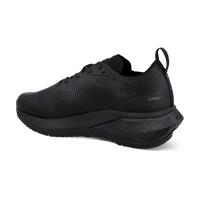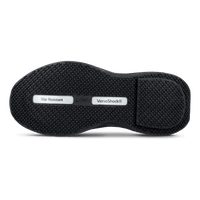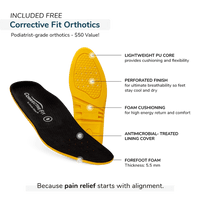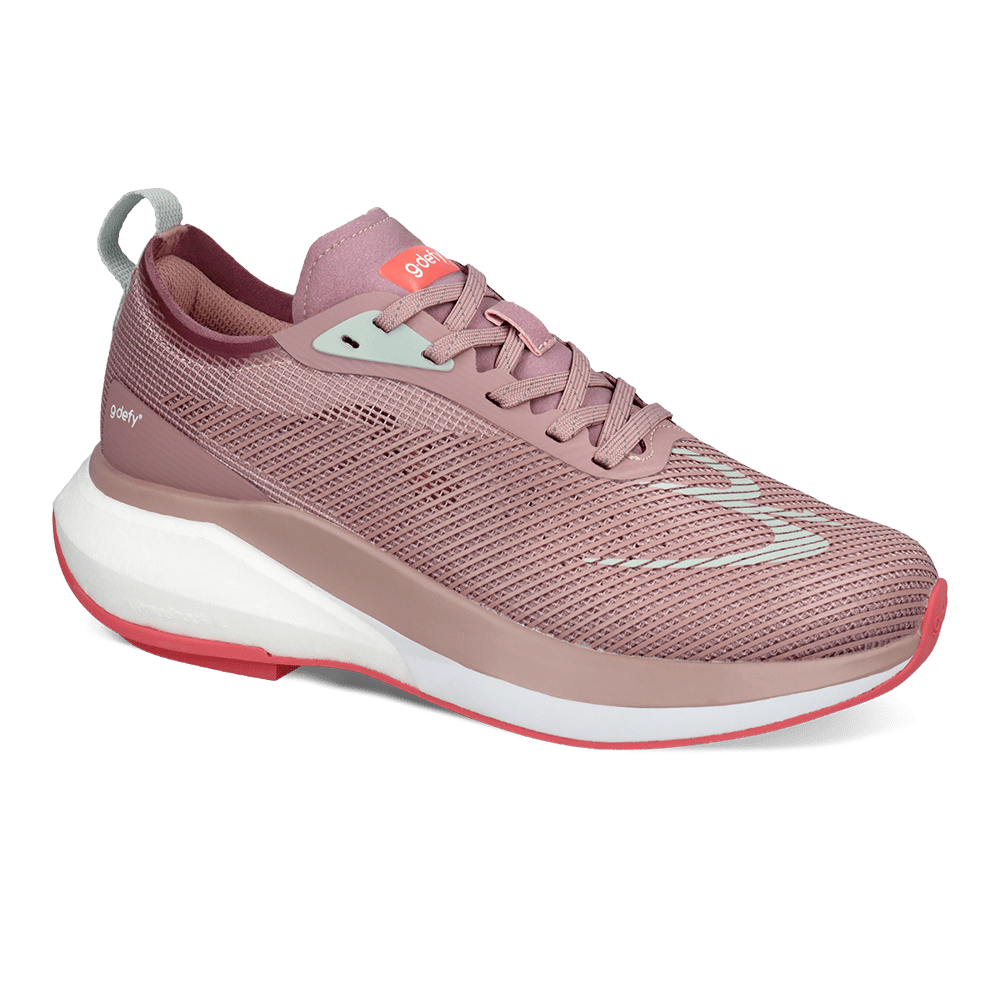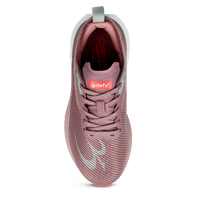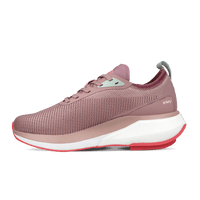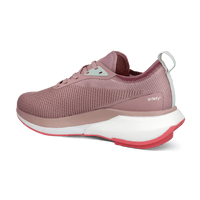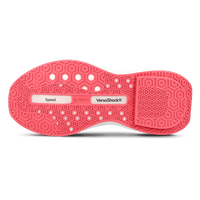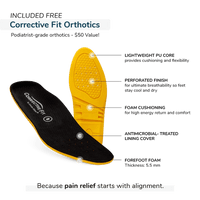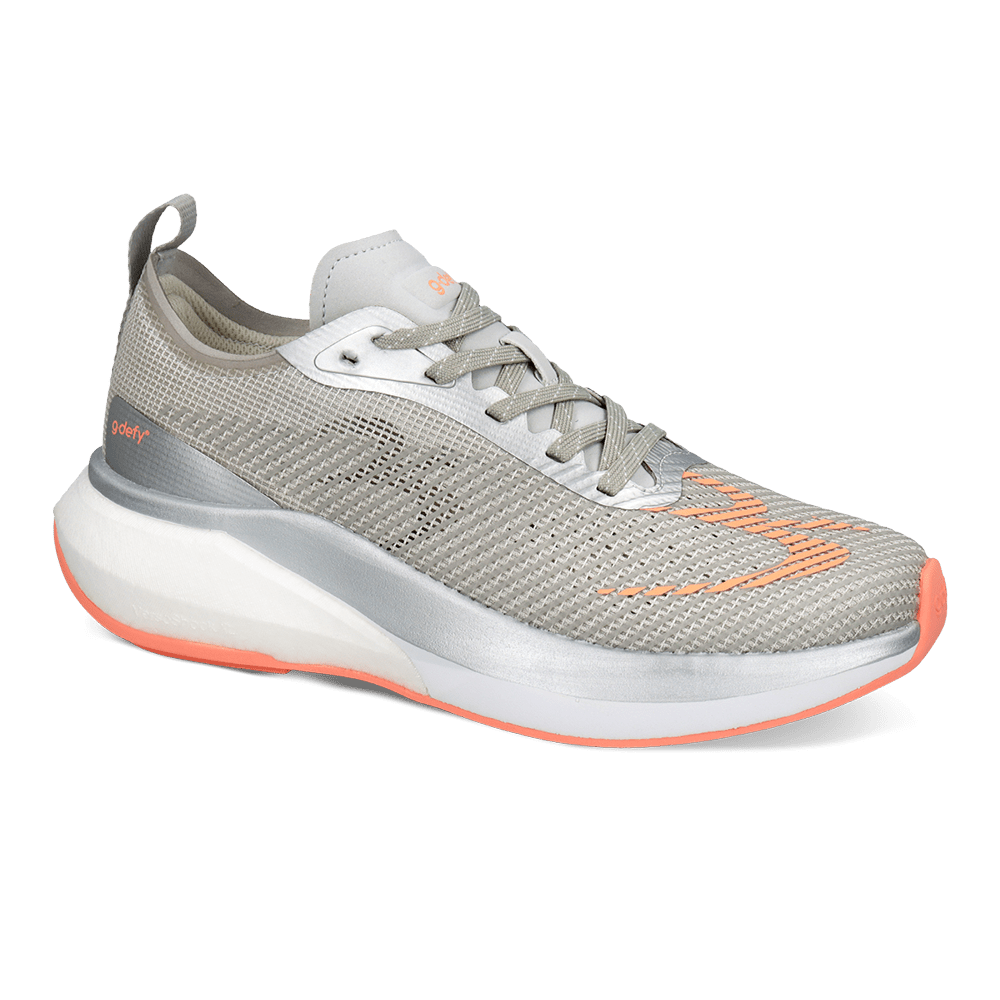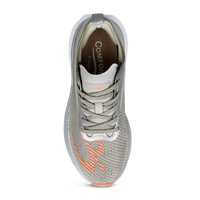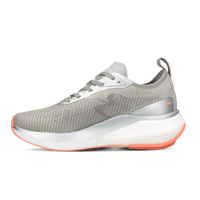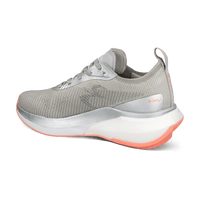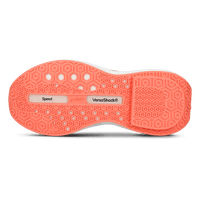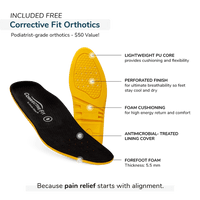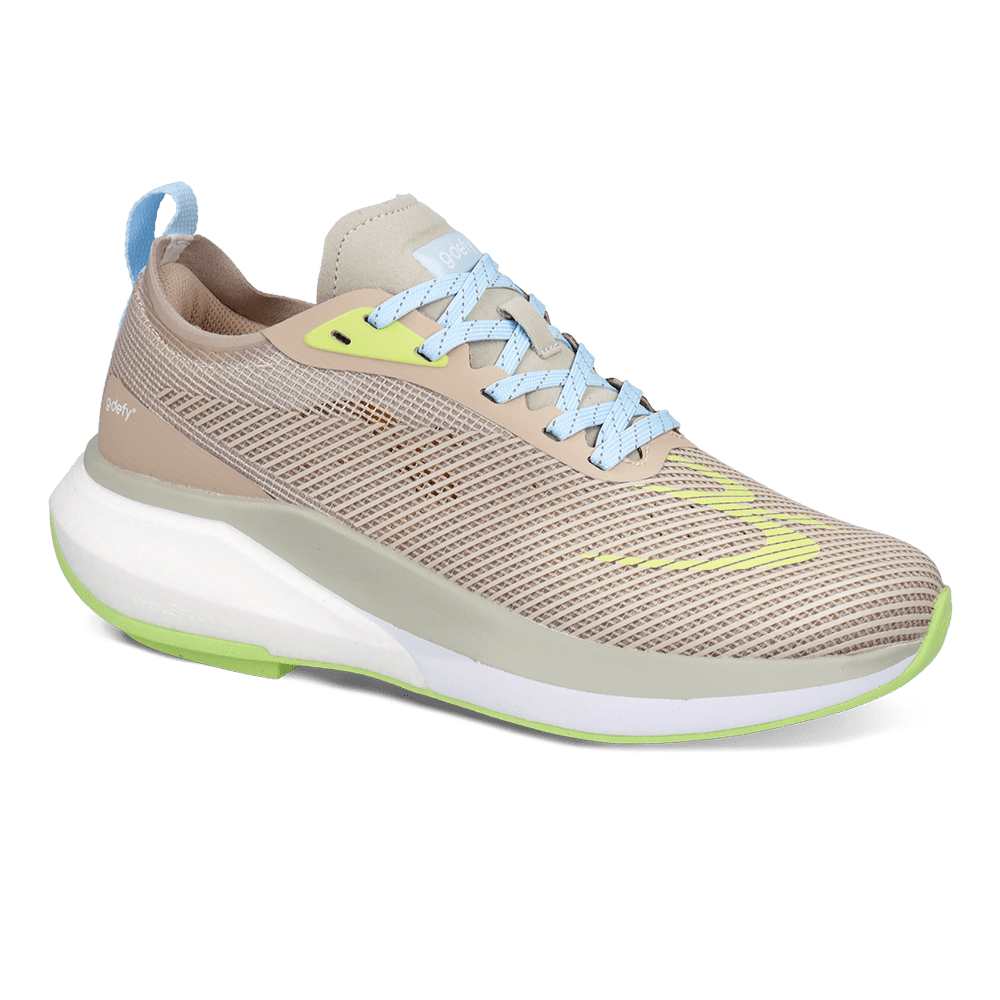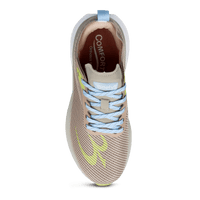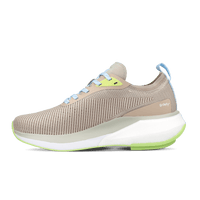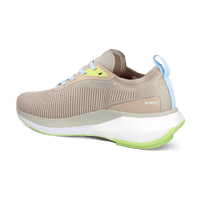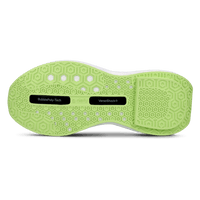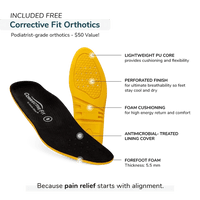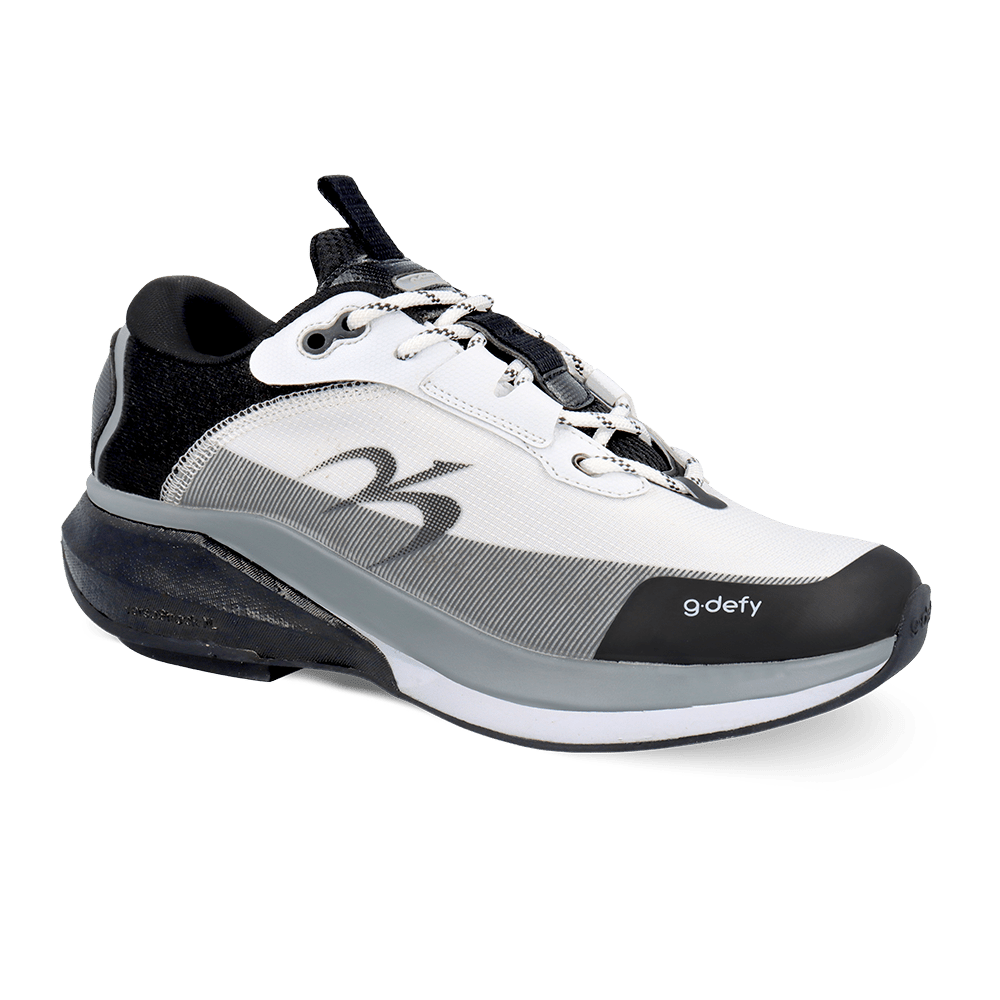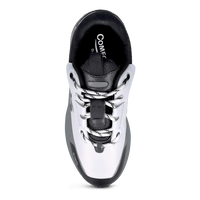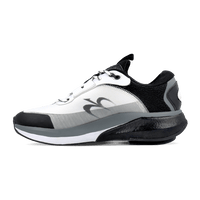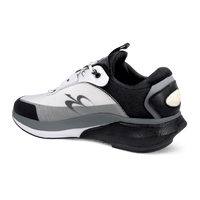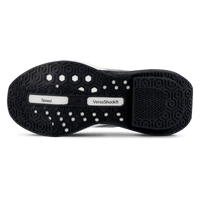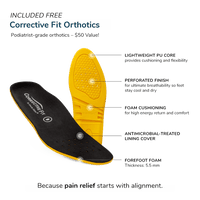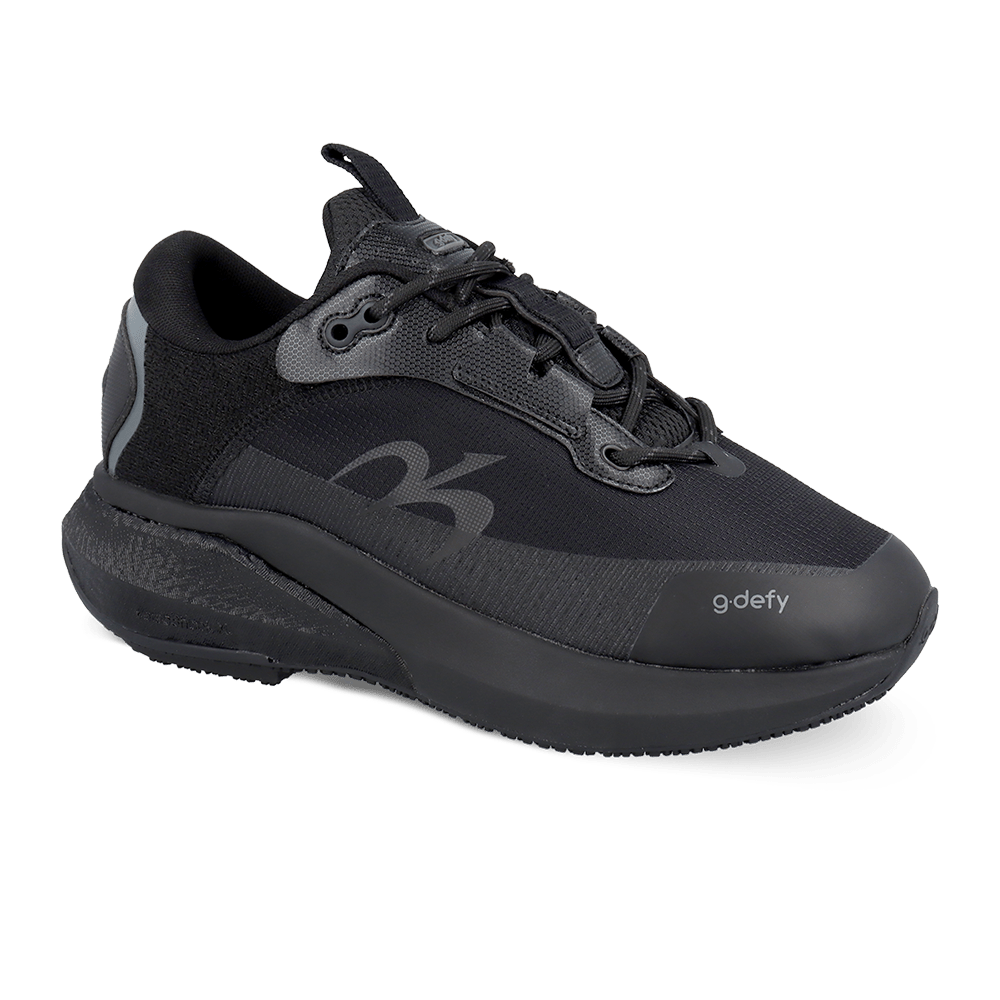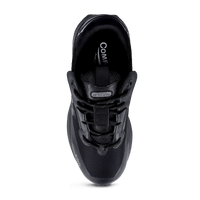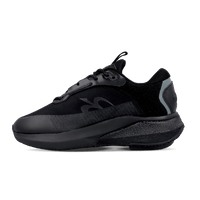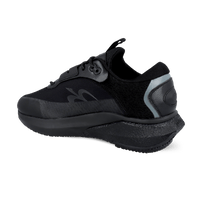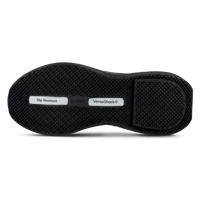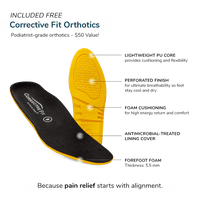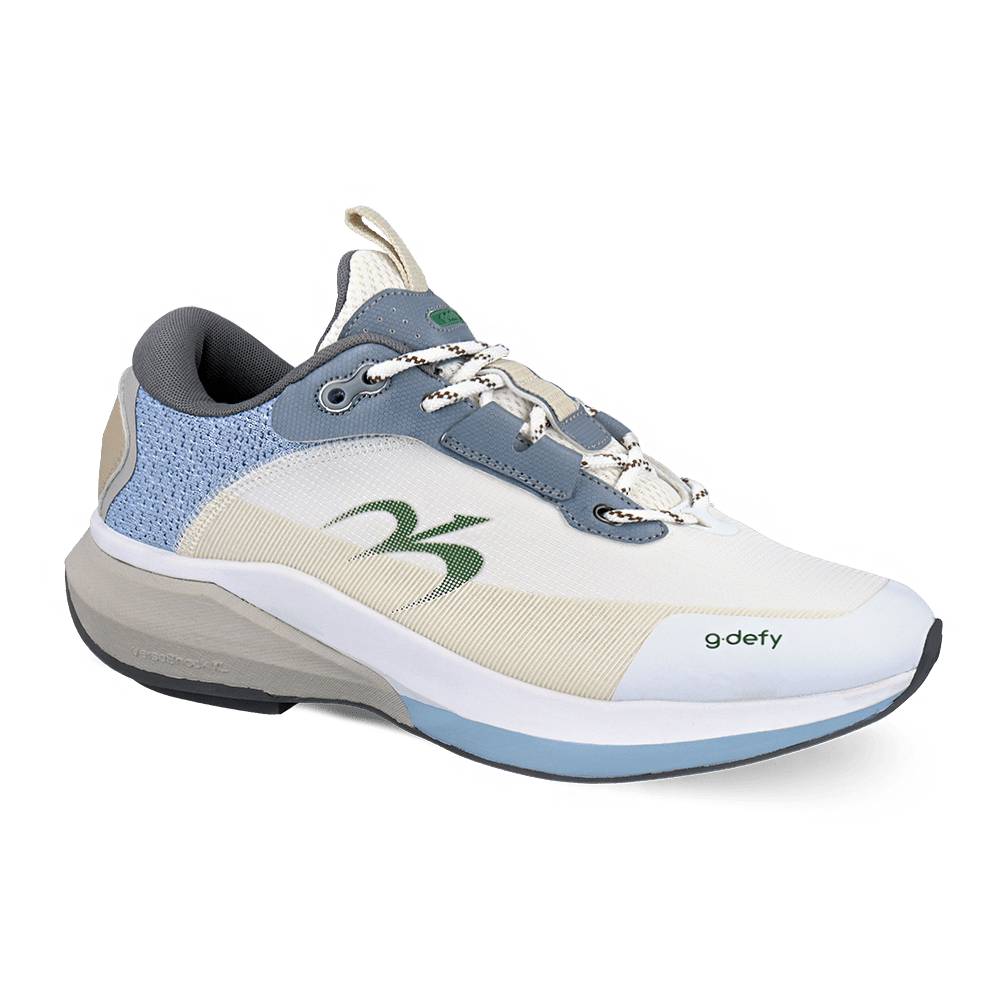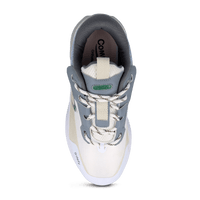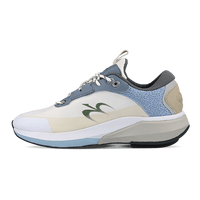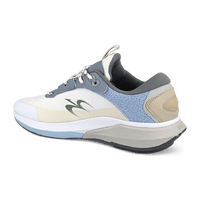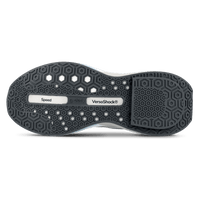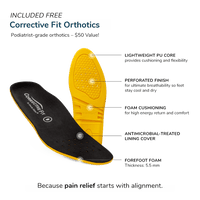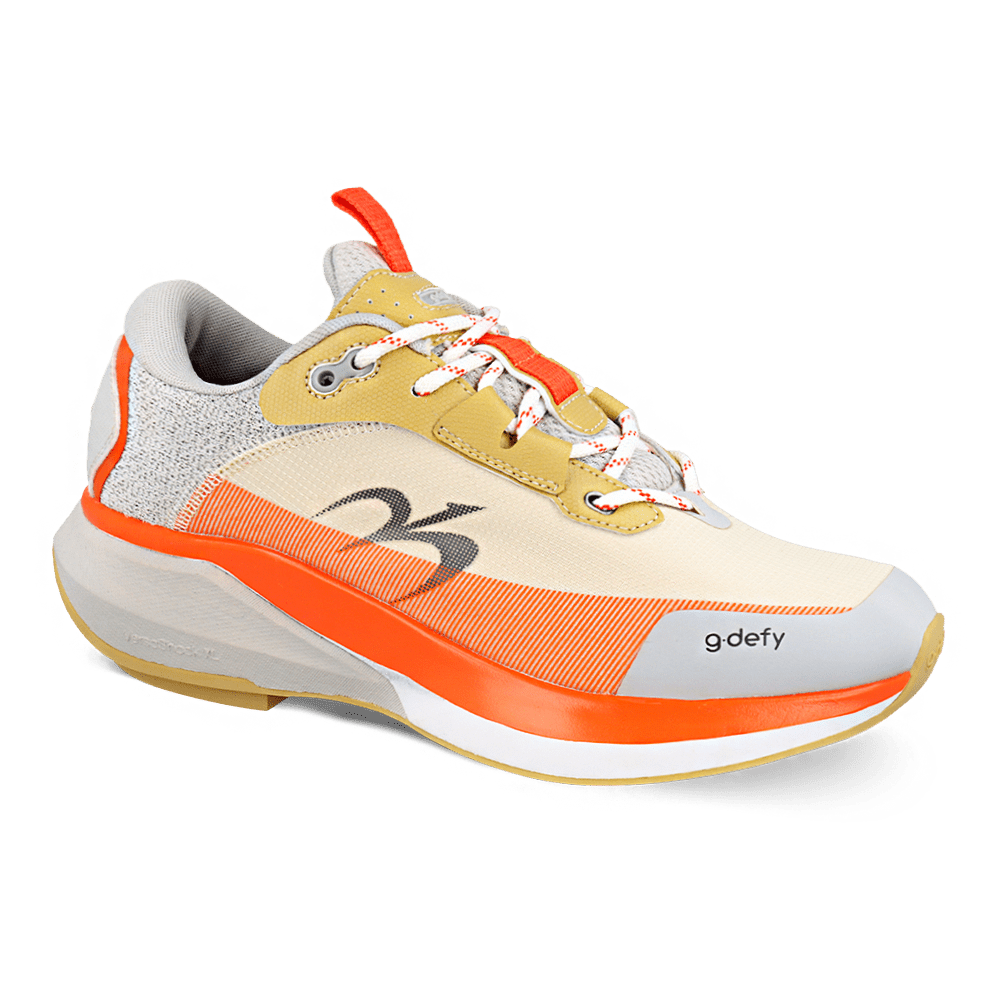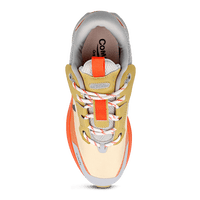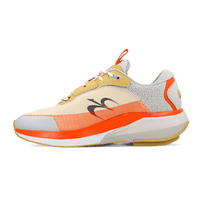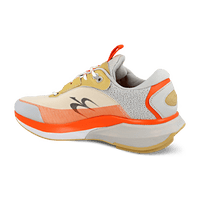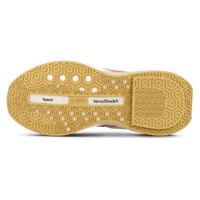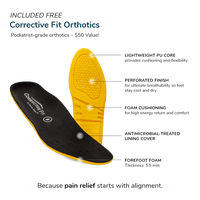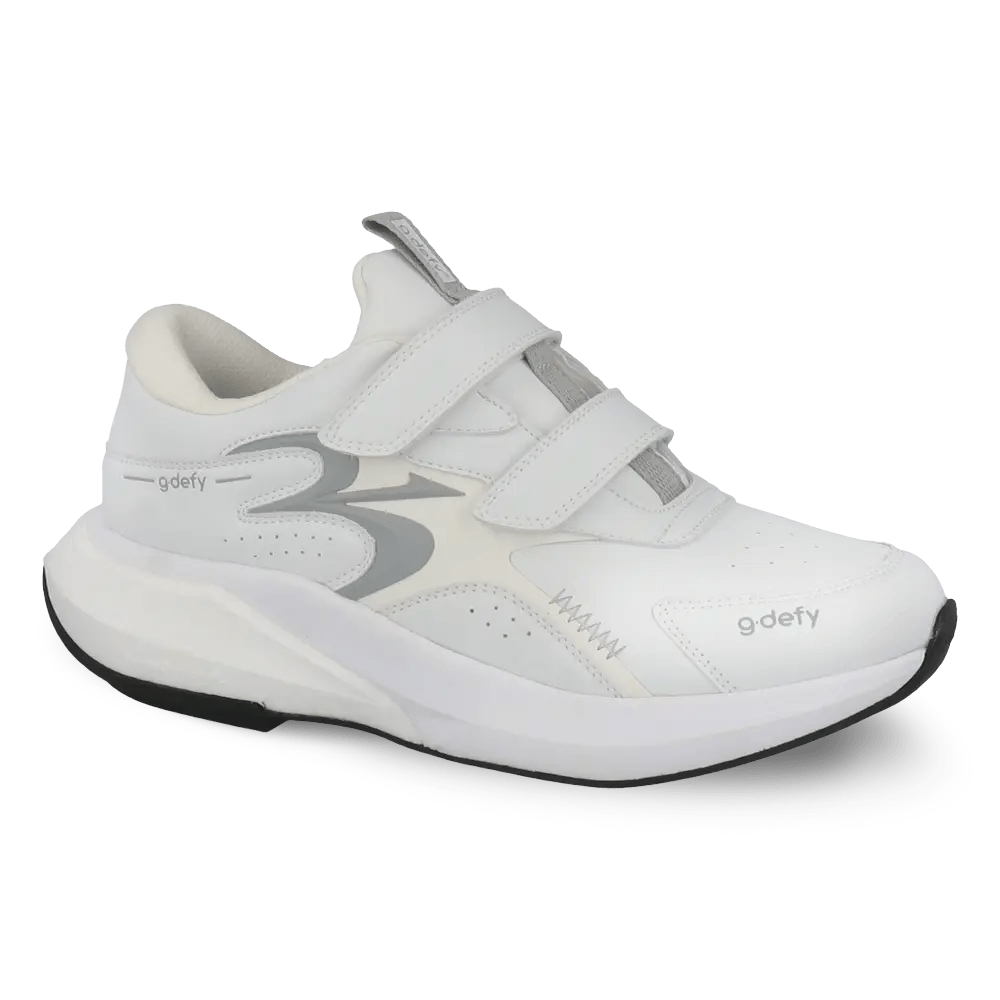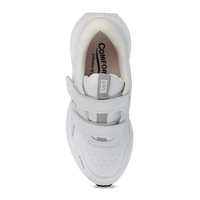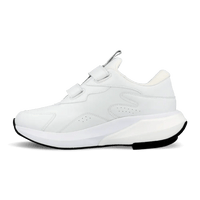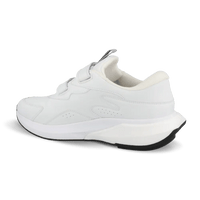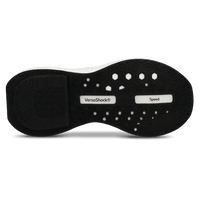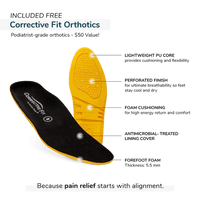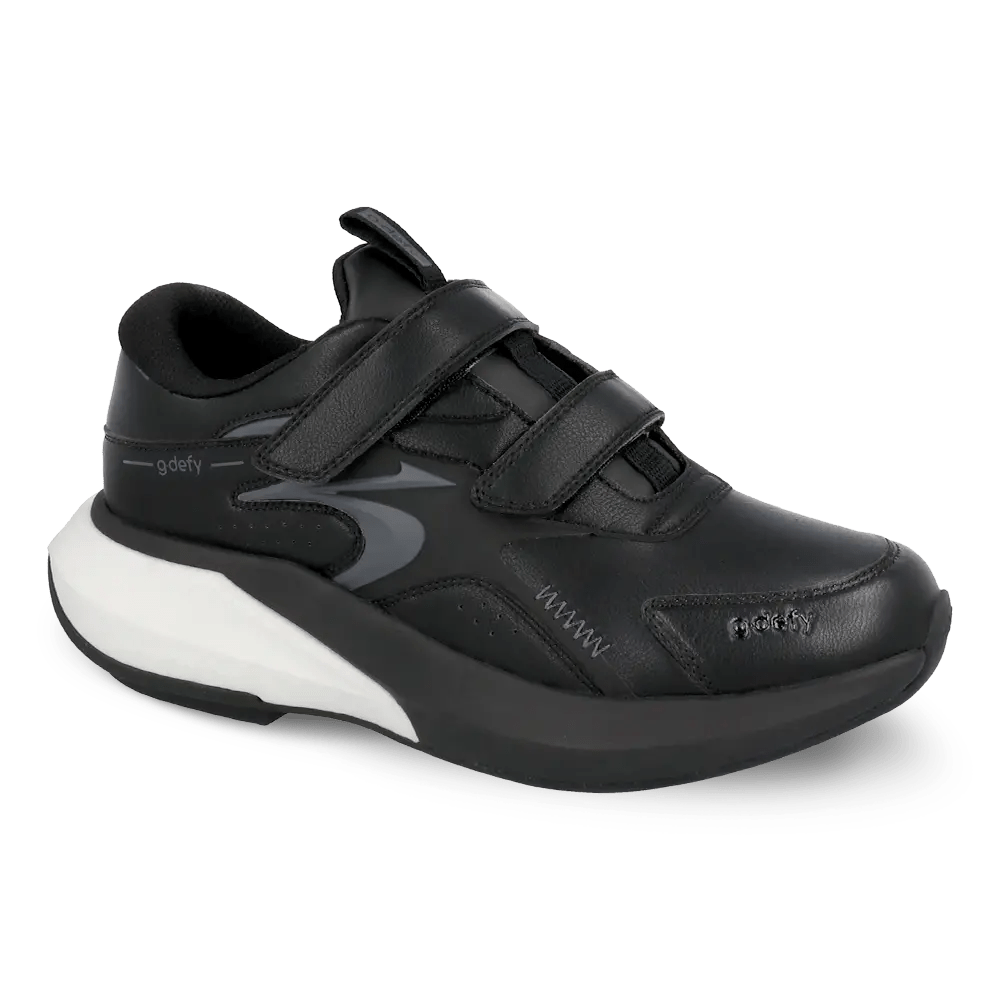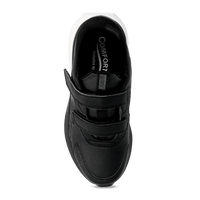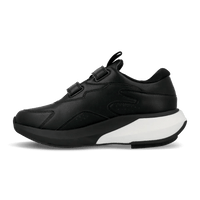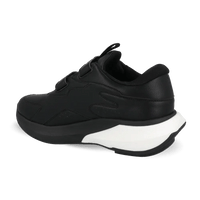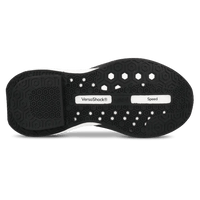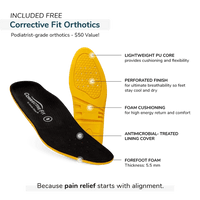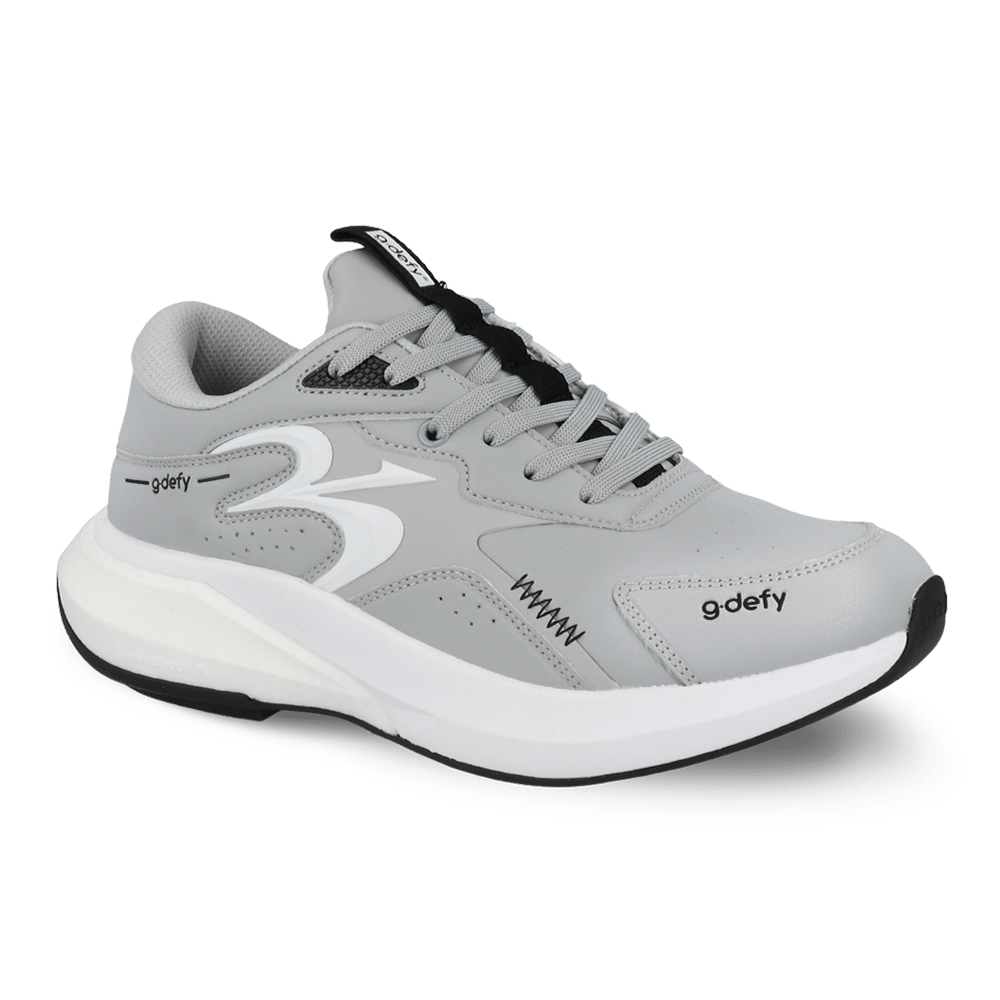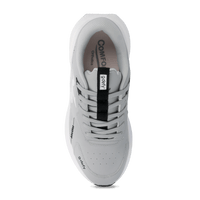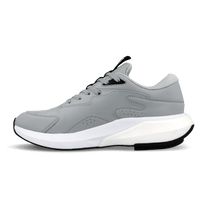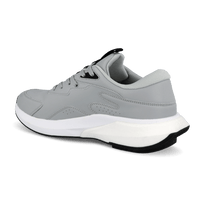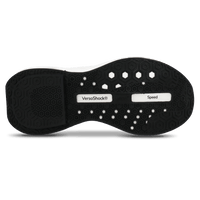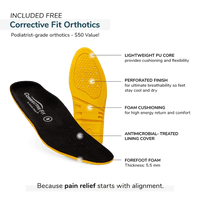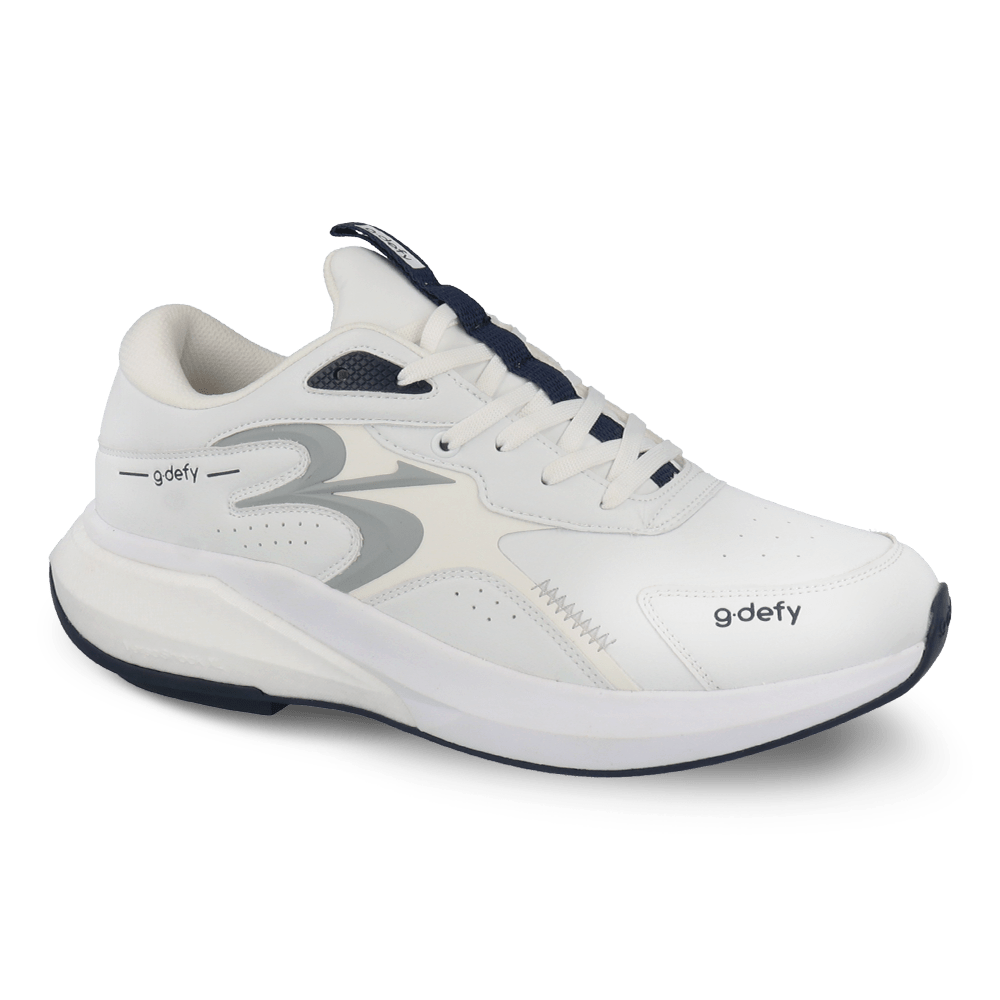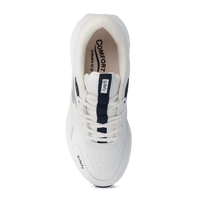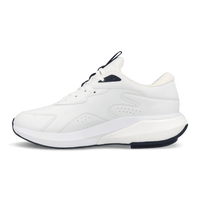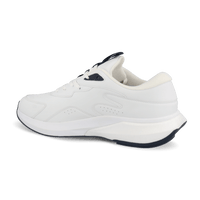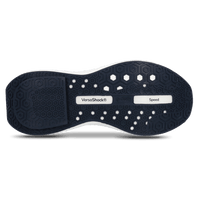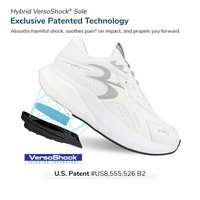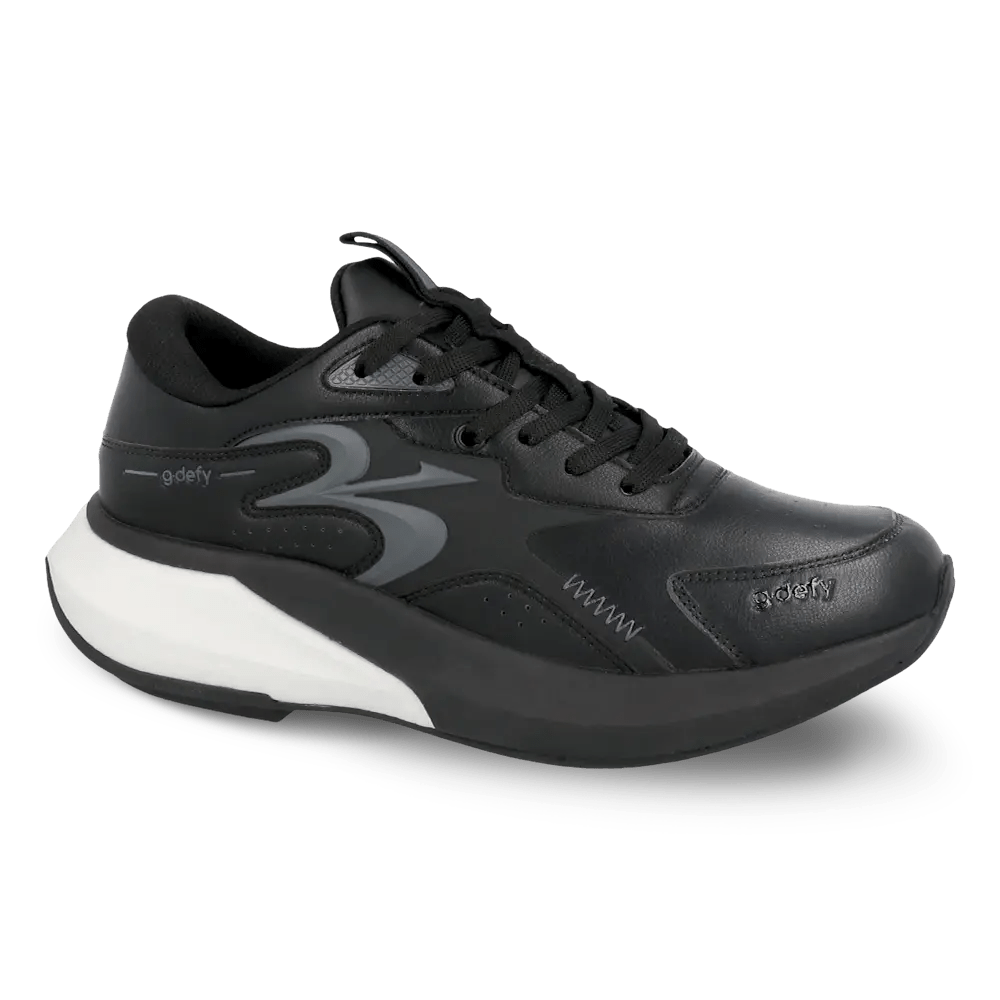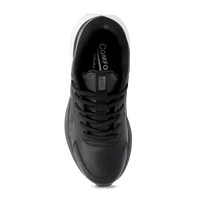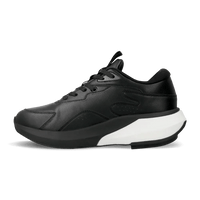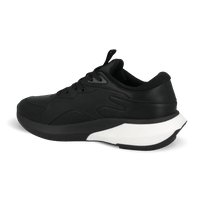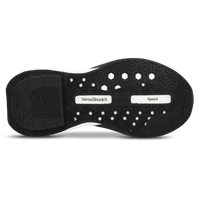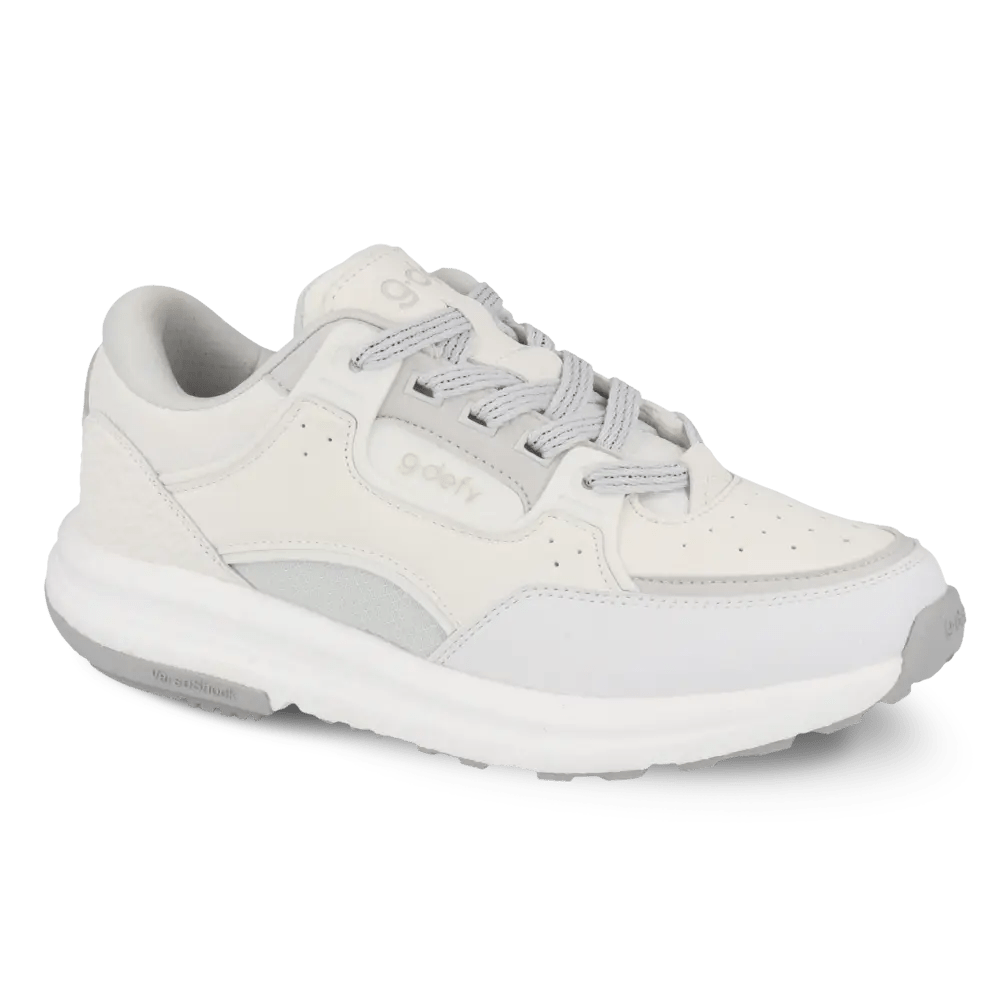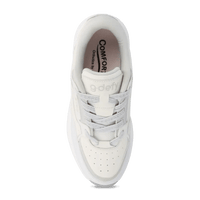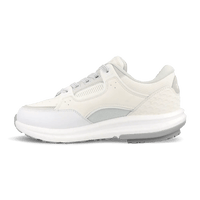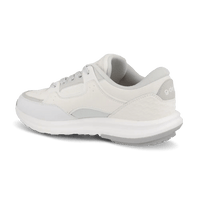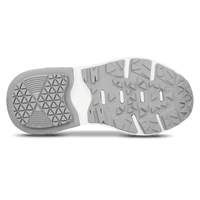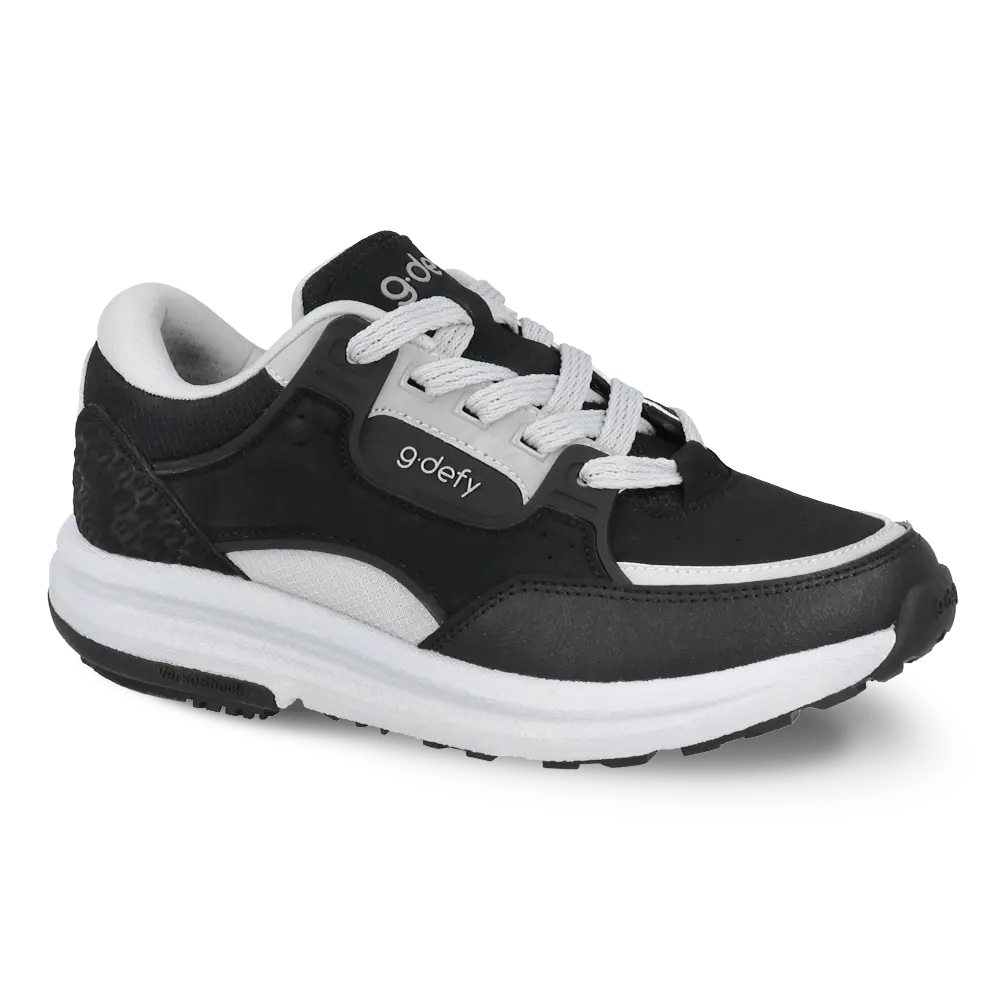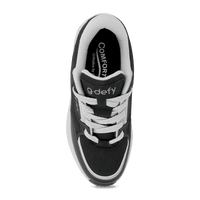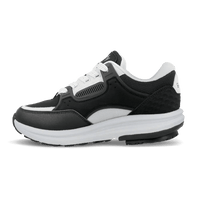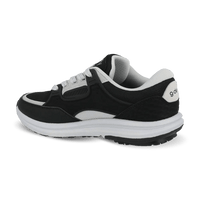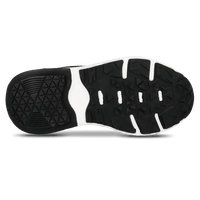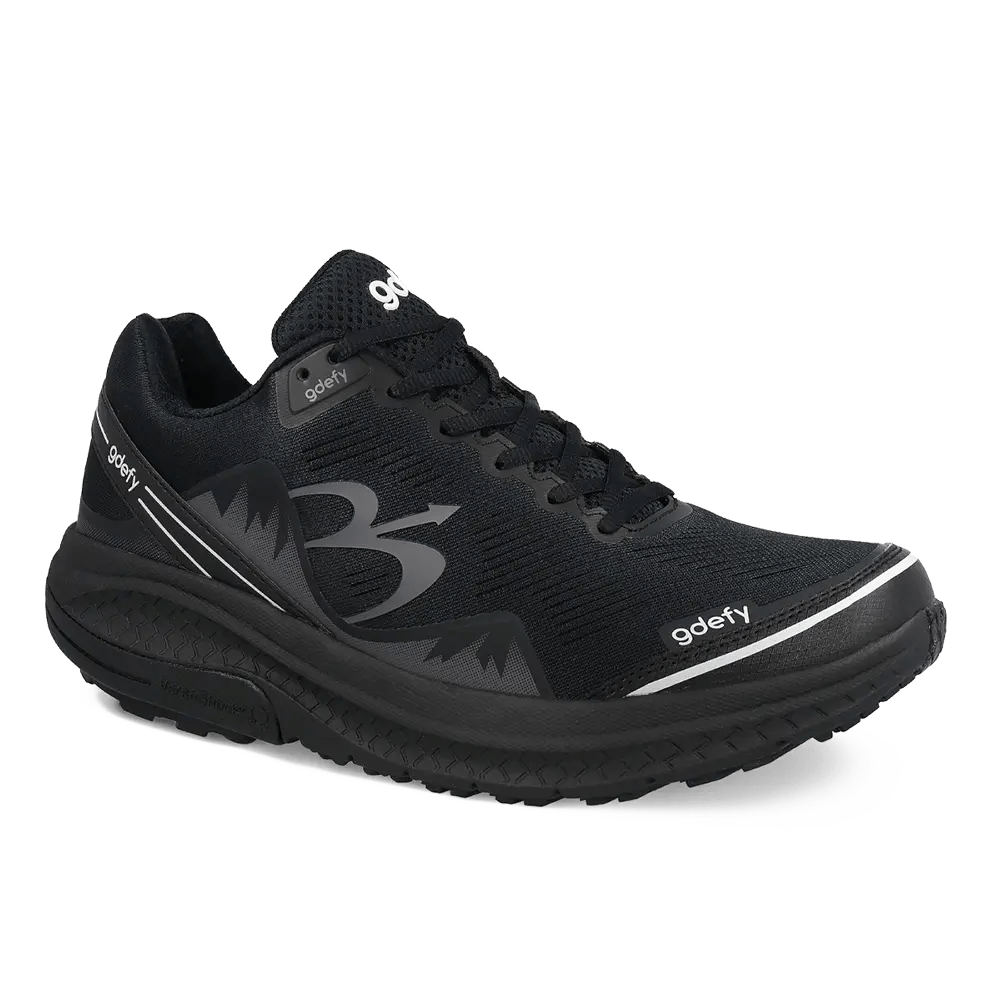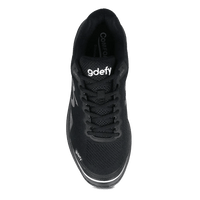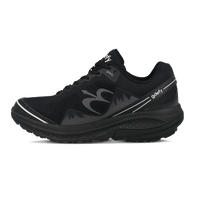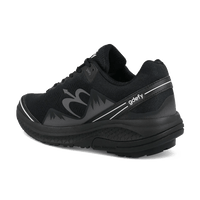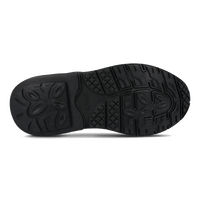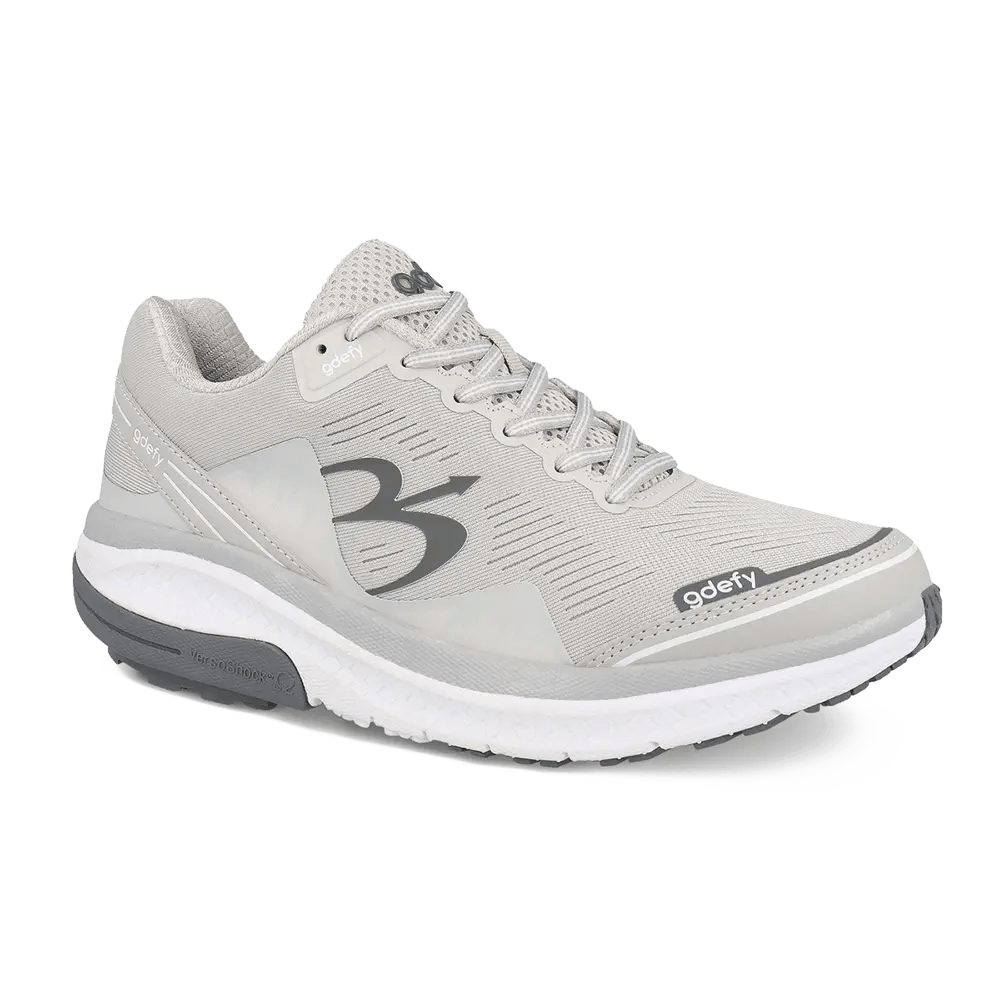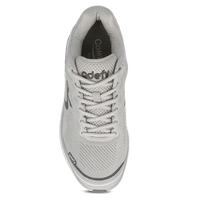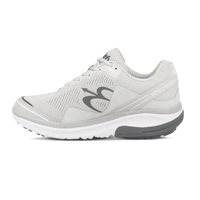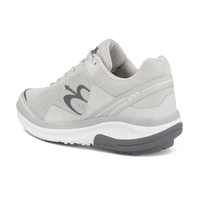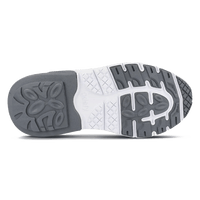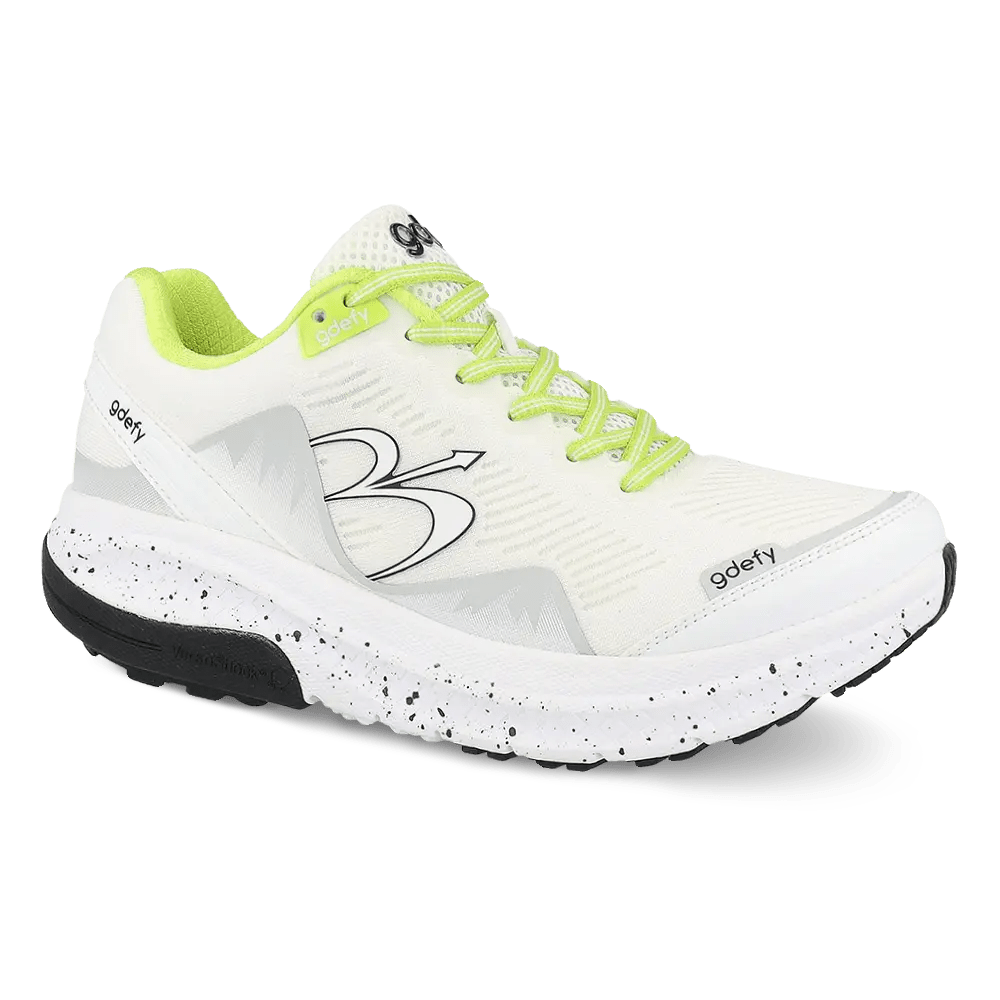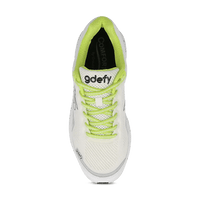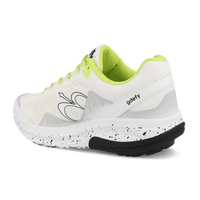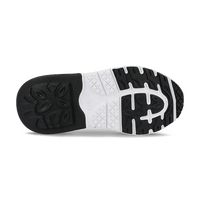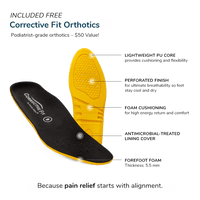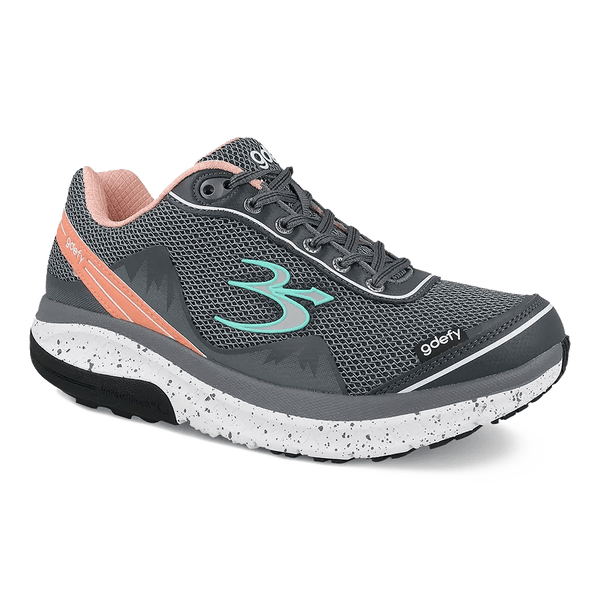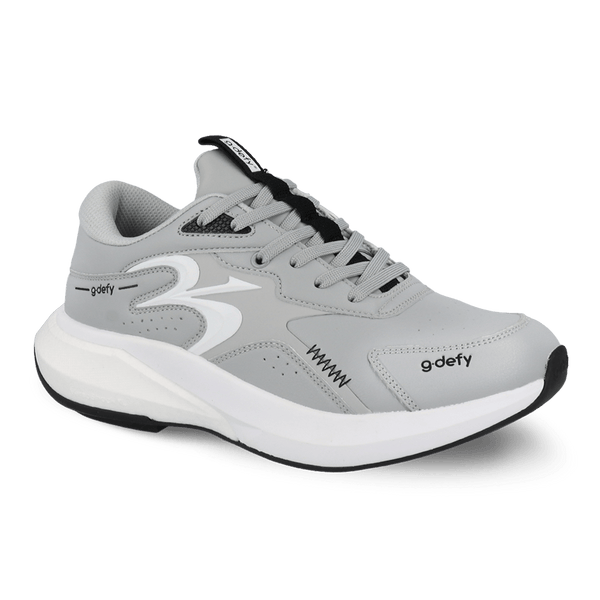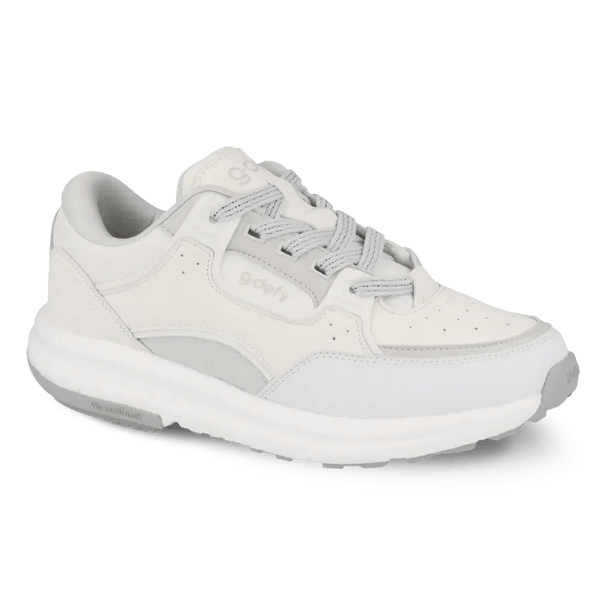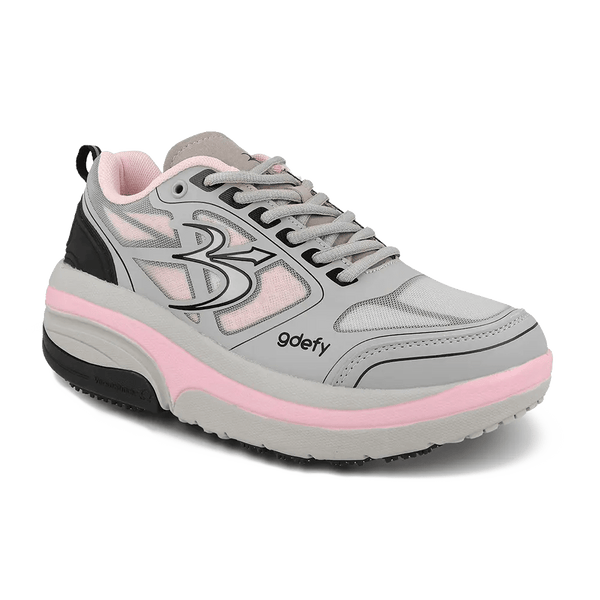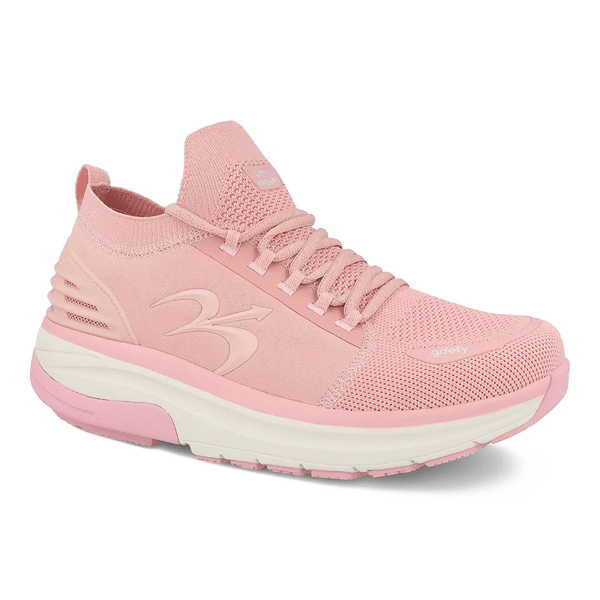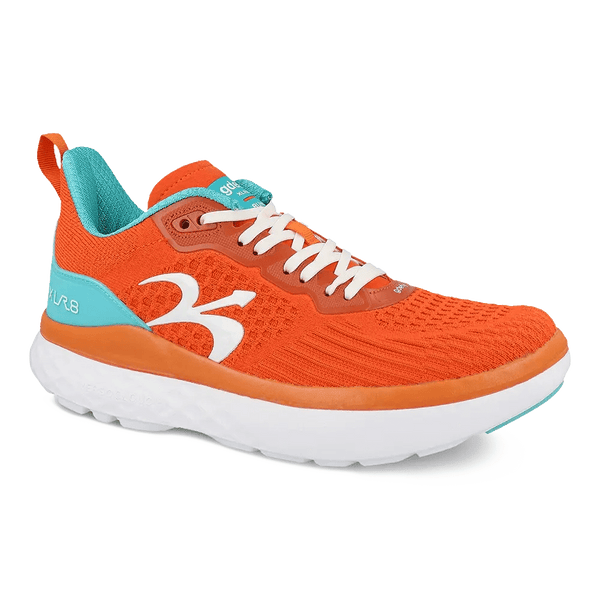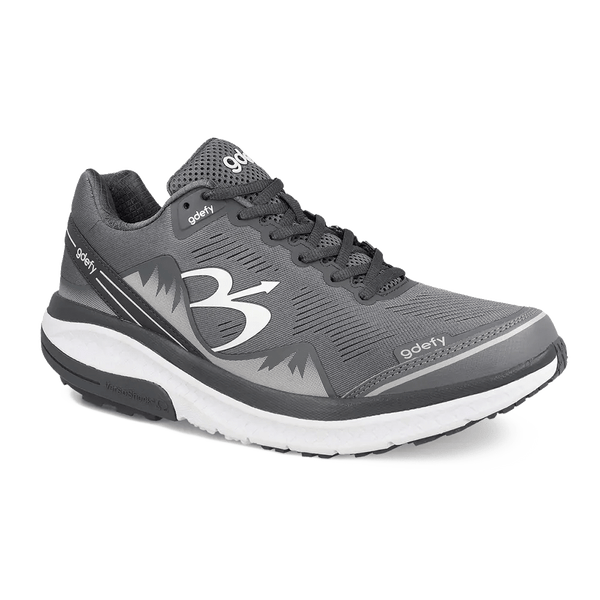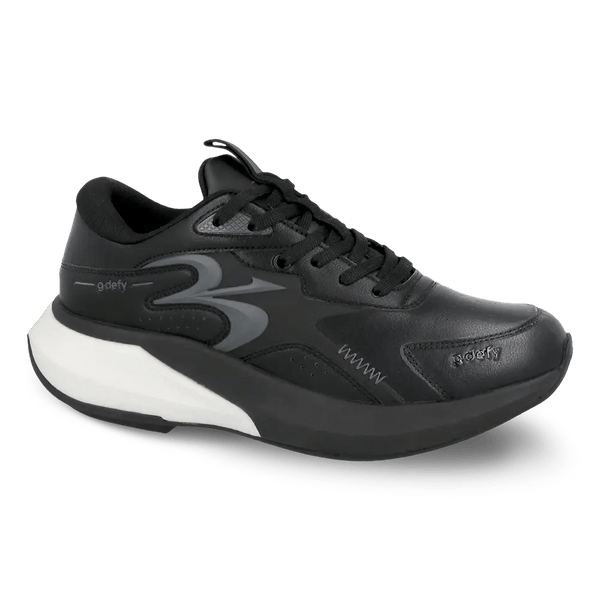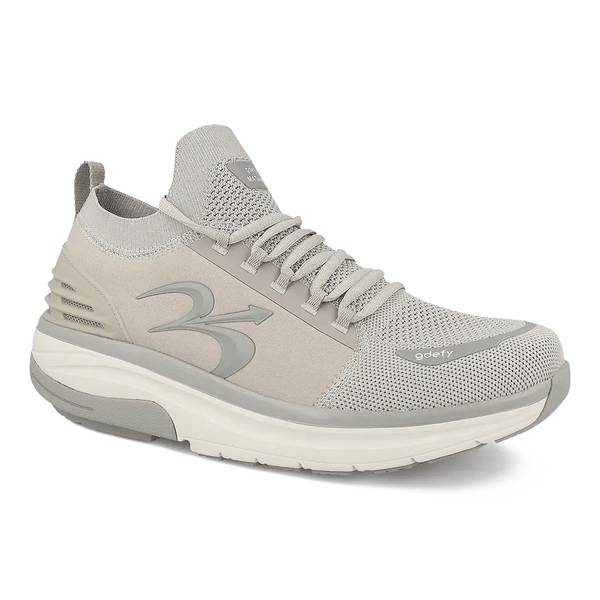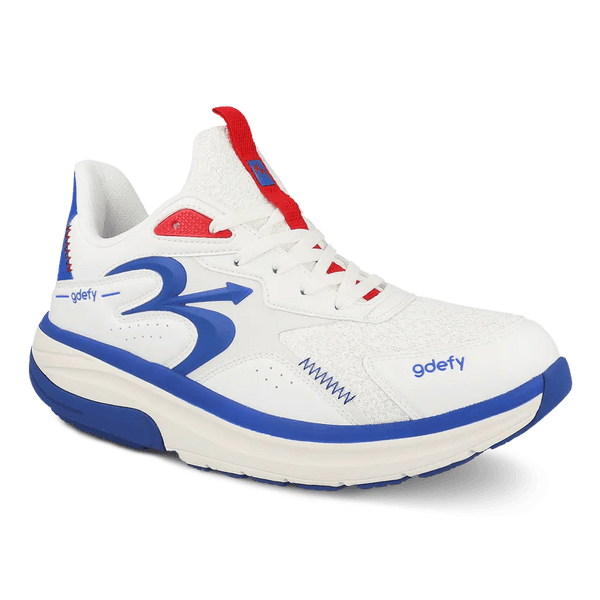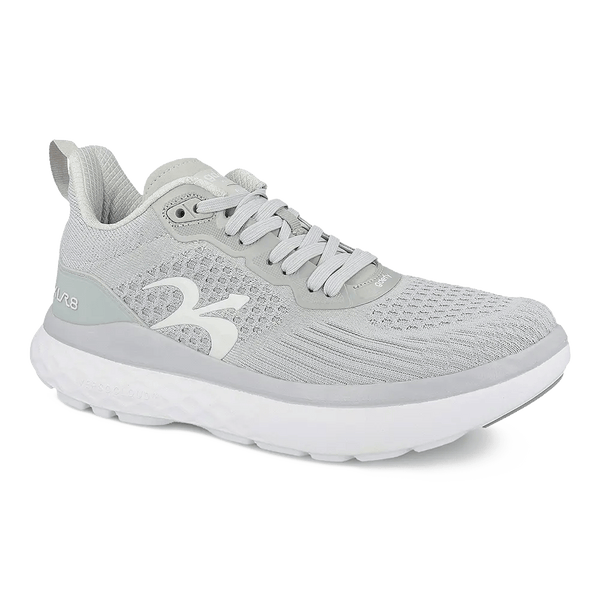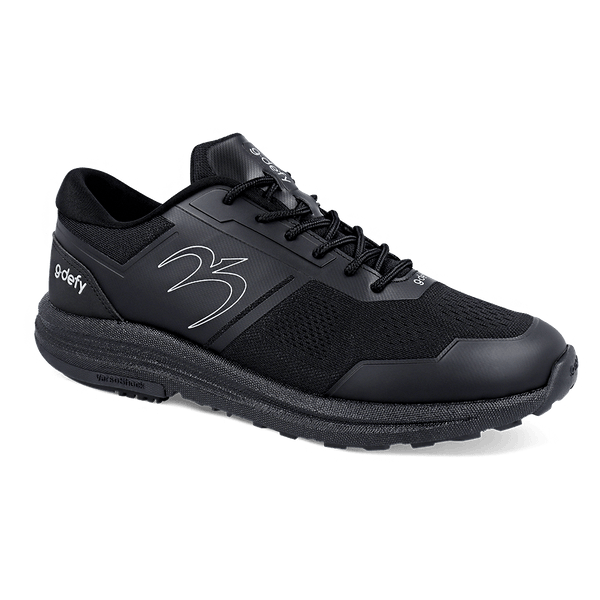May 25, 2025
Choosing the Right Hiking Boots for Comfort
By Gdefy

Summary
Assessing Your Hiking Terrain
Understanding the type of terrain you'll encounter is crucial. Are you trekking on well-maintained paths, rocky trails, or muddy tracks? Each terrain type has its demands, and your boots should match them. For rocky terrains, you need boots with good grip and stability. In contrast, muddy tracks require waterproof features to keep your feet dry.
Duration and Intensity of Hikes
Consider how long and intense your hikes will be. A day hike on a flat trail requires less robust footwear than a multi-day trek in rugged mountains. Longer hikes require more support and durability to prevent foot fatigue and injuries. Boots designed for short hikes might not withstand the rigors of lengthy backpacking trips.
Weather Conditions
Weather significantly impacts your choice of hiking boots. Wet and cold conditions demand waterproof and insulated boots to keep your feet warm and dry. Conversely, if you hike in hot and dry climates, breathable boots are necessary to prevent overheating and excessive sweating.
Types of Hiking Footwear
Choosing the right type of hiking footwear is foundational to a successful hike. Different footwear types cater to various needs and preferences, providing options for every hiker.
Trail Shoes
Trail shoes are ideal for well-maintained trails and light hiking. They are lightweight and provide good flexibility. These shoes are similar to running shoes but offer more grip and protection, making them perfect for casual hikers who prefer speed and agility over heavy-duty protection.
Hiking Boots
Hiking boots offer more ankle support than trail shoes and are suitable for more rugged terrain. They are versatile and can handle a range of conditions, from dirt paths to rocky trails. Their durability and support make them a favorite among hikers who tackle moderate to challenging hikes regularly.
Backpacking Boots
Designed for carrying heavier loads over rough terrain, backpacking boots are sturdy and provide excellent support and durability. They are essential for long-distance hiking and carrying a backpack, offering superior protection and stability on uneven surfaces.
Waterproof Boots
Waterproof boots are essential for wet conditions or stream crossings. They keep your feet dry and comfortable, preventing the discomfort and potential health issues associated with wet feet. Look for boots with materials like Gore-Tex that balance waterproofing with breathability.
Key Features to Consider
When selecting hiking boots, focus on features that enhance comfort, durability, and performance. These features ensure that your boots not only fit well but also serve their purpose effectively on the trail.
Fit and Comfort
The fit is the most critical aspect of choosing hiking boots. Boots that are too tight can cause blisters, while those that are too loose can lead to instability. Here are some tips for ensuring a good fit:
- Try on boots in the afternoon: Feet tend to swell throughout the day, so try on boots when your feet are at their largest. This ensures a fit that accounts for natural changes in foot size.
- Wear hiking socks: Always try on boots with the socks you plan to wear while hiking. Hiking socks provide cushioning and can affect the overall fit, so they are essential for a realistic fit test.
- Check for snugness: Your boots should feel snug but not tight. There should be enough room to wiggle your toes. An overly tight boot can restrict blood flow and cause discomfort over time.
- Test for heel lift: Walk around to ensure your heels don't lift in the boots, which can cause blisters. Heel lift often indicates a poor fit, and addressing it early can prevent painful hikes.
Support and Stability
Support is vital, especially for carrying a backpack. Look for boots with good arch support and a sturdy midsole. Ankle support is also crucial, particularly for uneven terrain. Supportive boots reduce the risk of injuries by stabilizing your feet and ankles.
Material and Durability
The material of your hiking boots affects both durability and comfort. Leather offers durability and water resistance but can be heavier. It's ideal for rugged conditions where protection is a priority. Synthetic materials are lighter and more breathable but may not last as long as leather. They are perfect for those who prioritize weight and ventilation over longevity.
Weight
Lightweight hiking boots reduce fatigue and allow for greater agility on the trail. However, ensure they still provide the necessary support and protection. Lightweight boots are ideal for fast-paced hikes or when you need to cover long distances quickly without being weighed down.
Waterproofing
Waterproof boots are essential if you plan to hike in wet conditions. Look for boots with waterproof linings such as Gore-Tex, which provide a good balance of breathability and water protection. Waterproofing helps maintain comfort and prevents conditions that could lead to blisters or fungal infections.
Brand Spotlight: KEEN Hiking Boots and Shoes
KEEN is renowned for its high-quality outdoor footwear. Their hiking boots and shoes are designed for durability, comfort, and versatility. Here's why KEEN might be the right choice for your next adventure:
Innovative Designs
KEEN uses innovative designs that provide maximum comfort and support. Their unique toe protection and footbed technology enhance the hiking experience, catering to a wide range of foot shapes and hiking styles.
Durability
Known for rugged construction, KEEN boots can withstand various outdoor conditions. Whether facing rocky terrains or muddy paths, KEEN's build quality ensures long-lasting performance, making them a reliable choice for avid hikers.
Versatility
Suitable for different types of terrain and hiking activities, KEEN boots offer flexibility in use. From casual day hikes to challenging backpacking trips, their versatility ensures you have the right footwear for any adventure.
Men's Hiking Shoes and Boots
When selecting men's hiking shoes and boots, consider the specific needs related to foot shape and size. Men's hiking footwear often offers broader options to accommodate different foot widths and arch heights.
Popular Models
- KEEN Targhee III Waterproof: Known for its comfort and waterproof capabilities, suitable for a variety of terrains. Its reliable grip and support make it a favorite for diverse hiking scenarios.
- KEEN Durand II Mid WP: Offers excellent support and durability for longer hikes and backpacking trips. It's designed for those who need robust protection and stability over extended periods.
- KEEN Voyageur: A breathable option for warmer weather, ideal for dry conditions. Its lightweight design and ventilation features make it perfect for summer hikes.
Tips for Maintaining Your Hiking Boots
Proper maintenance of your hiking boots will extend their life and keep them performing at their best.
Cleaning and Storage
- Clean after each hike: Remove dirt and debris to prevent degradation of materials. Dirt can wear down the fabric and seams, so regular cleaning is essential.
- Dry properly: Avoid direct heat sources; instead, let them air dry at room temperature. Heat can warp the materials, so natural drying preserves the boot's shape and integrity.
Leather Care
- Condition leather boots: Use a leather conditioner to keep them supple and waterproof. Conditioning prevents cracking and extends the life of the leather, ensuring it remains water-resistant.
Regular Inspections
- Inspect regularly: Check for wear and tear to address issues early. Early detection of problems like sole separation or fabric fraying can prevent more significant issues down the line, keeping your boots trail-ready.
Conclusion
Choosing the right hiking boots is a critical step in ensuring your comfort and safety on the trail. By considering factors like fit, support, material, and waterproofing, you can find the perfect pair to meet your hiking needs. Whether you prefer the rugged durability of KEEN hiking boots or another trusted brand, the right pair of boots will enhance your outdoor adventures and keep you exploring with confidence. Happy hiking!



